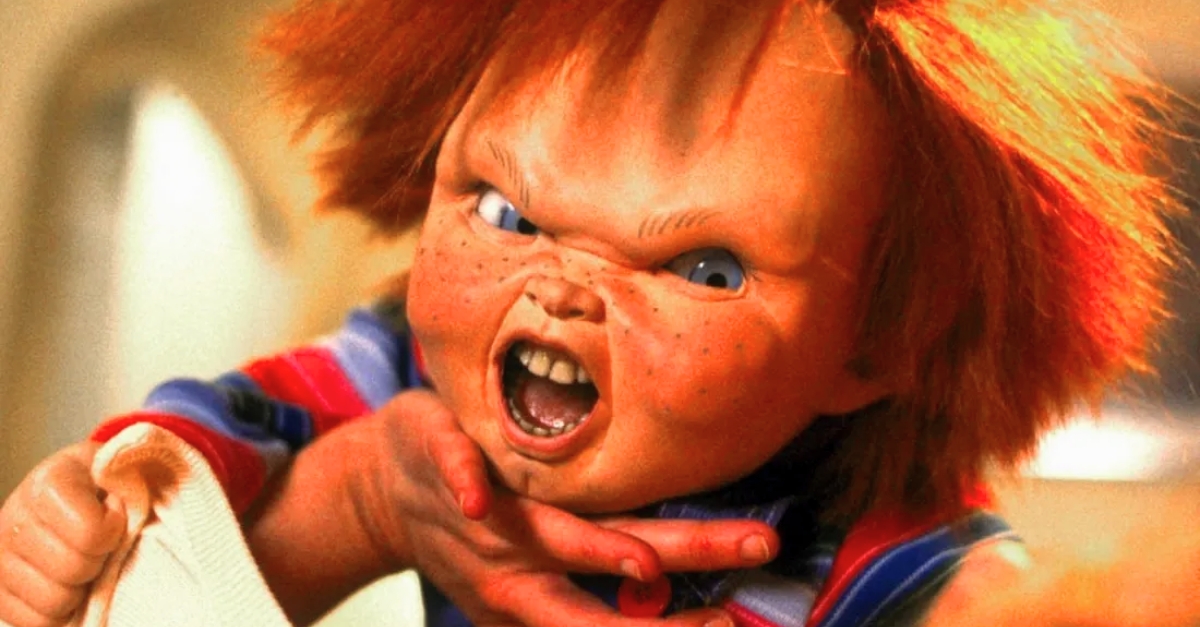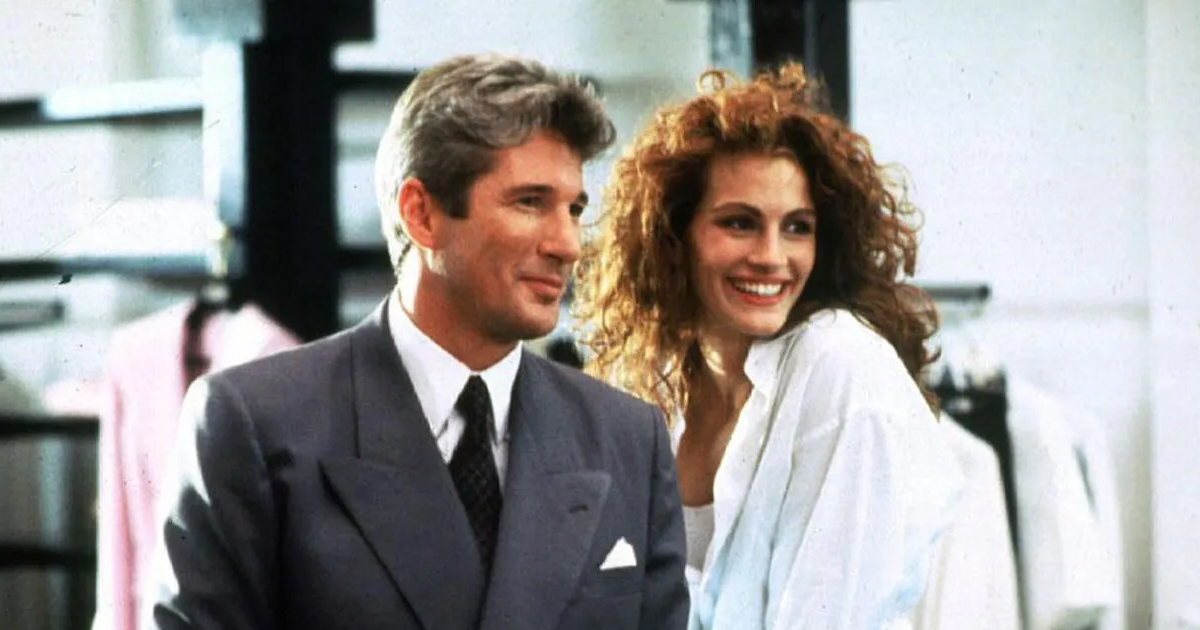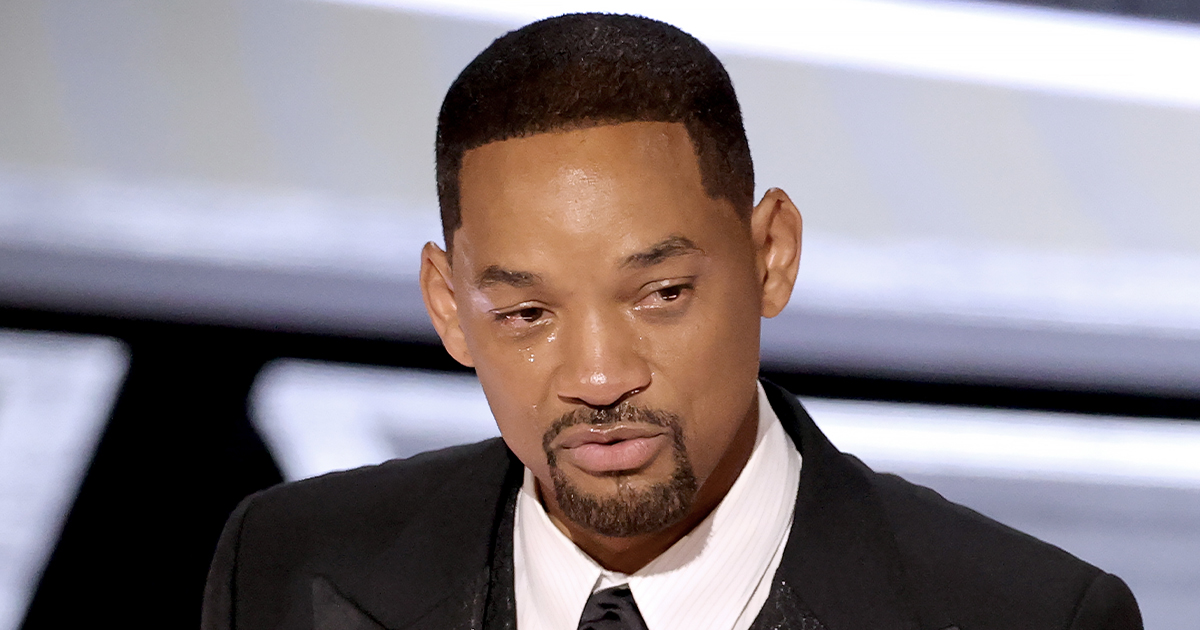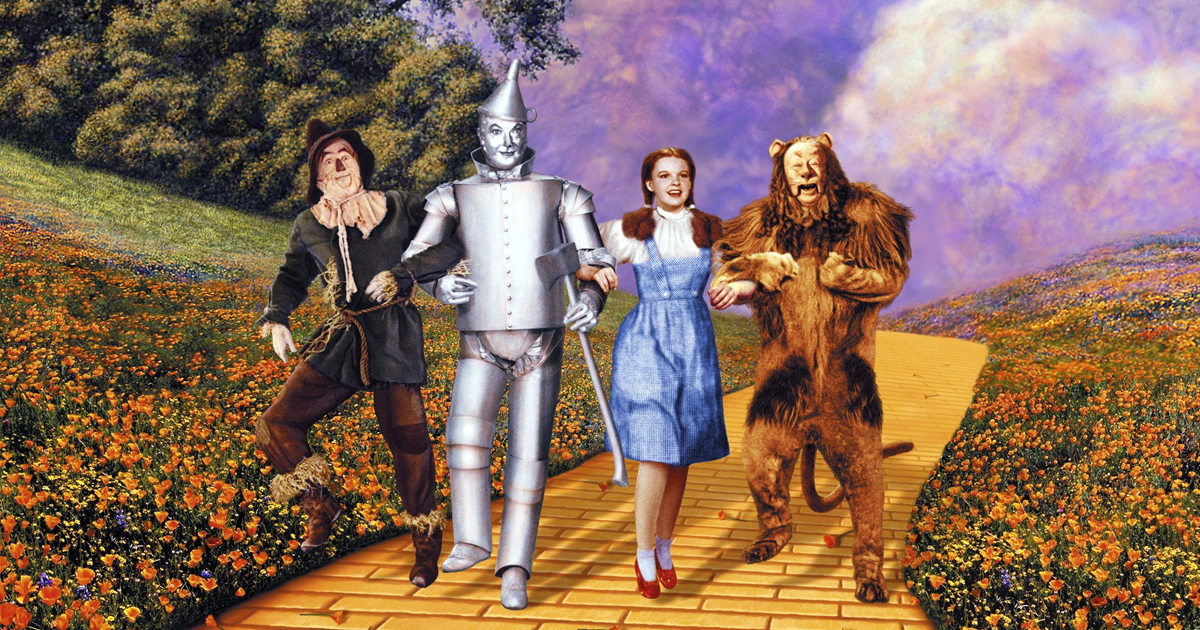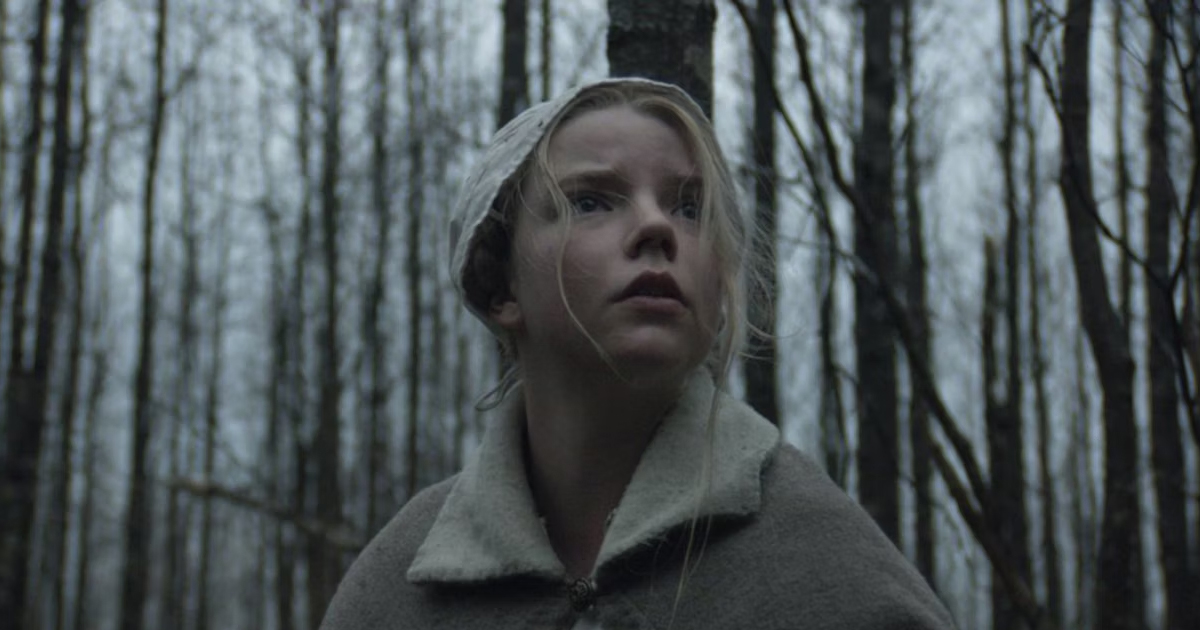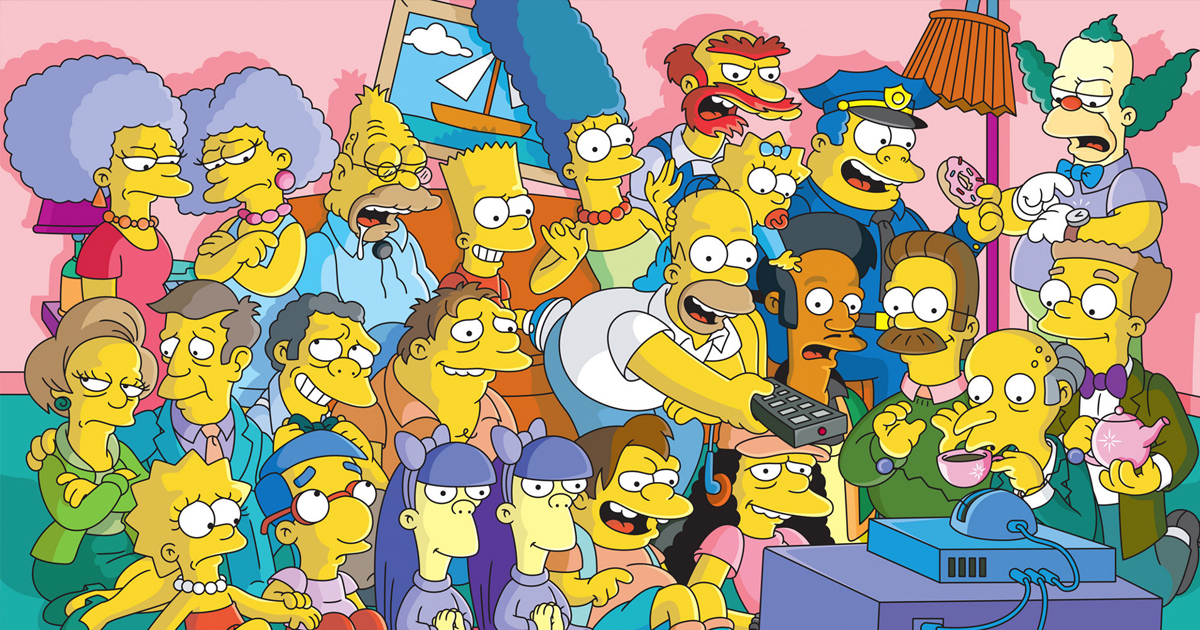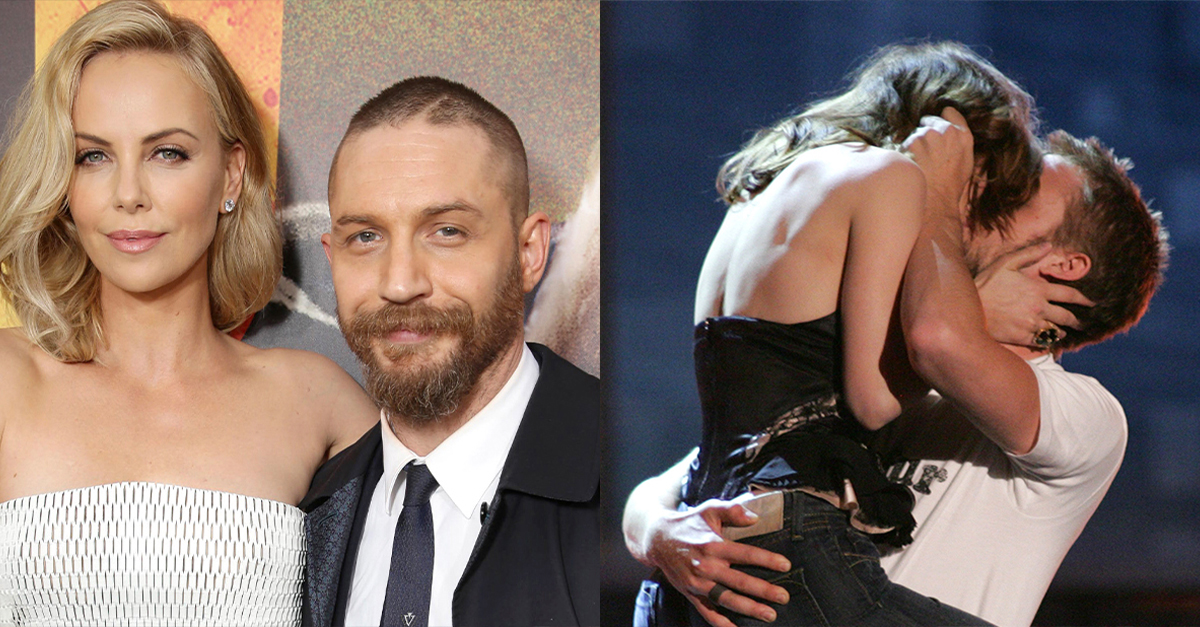Legends Born From Fear
Movie monsters come and go, but the 1980s created cinematic villains we still can't shake. With wild wardrobes, some of them outshone heroes in spectacular ways.
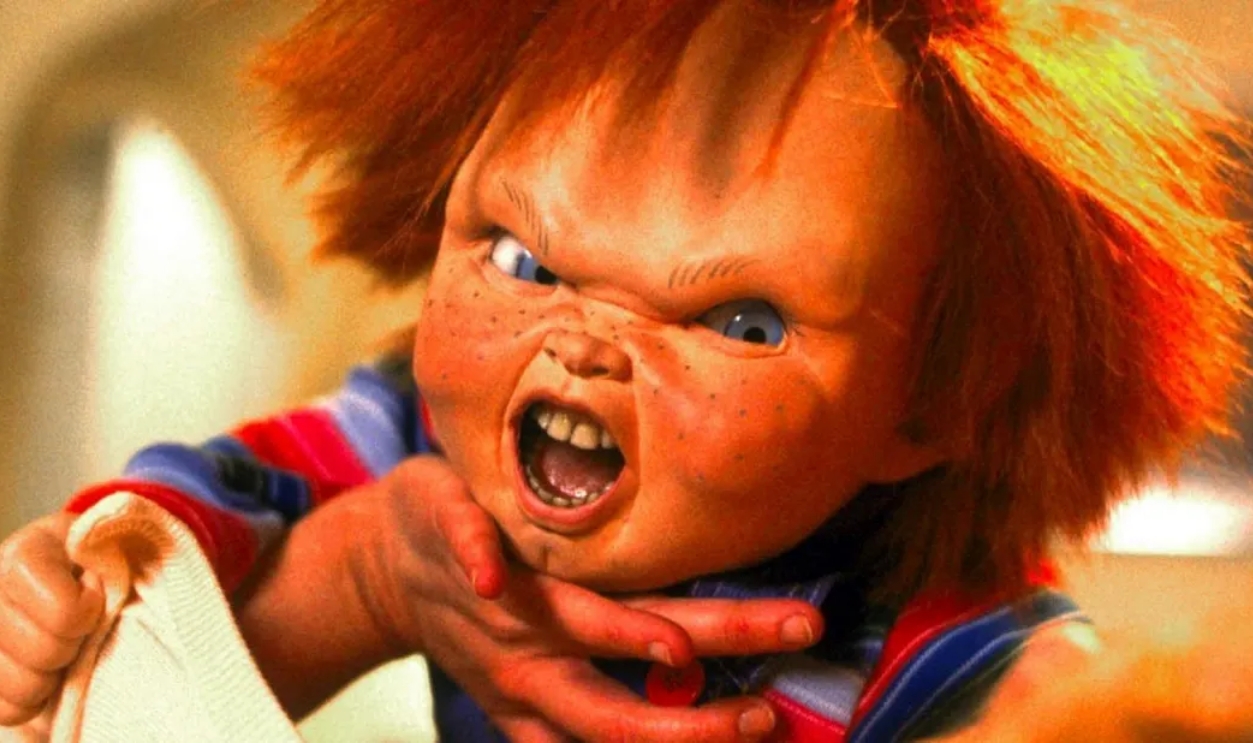
Freddy Krueger In A Nightmare On Elm Street (1984)
Nightmares stayed scary long after the credits rolled, because of Freddy Krueger. Burned alive by vengeful parents, he returned through dreams where no one could escape. His glove of blades turned sleep into a trap, and Robert Englund’s eerie performance locked him into horror history.
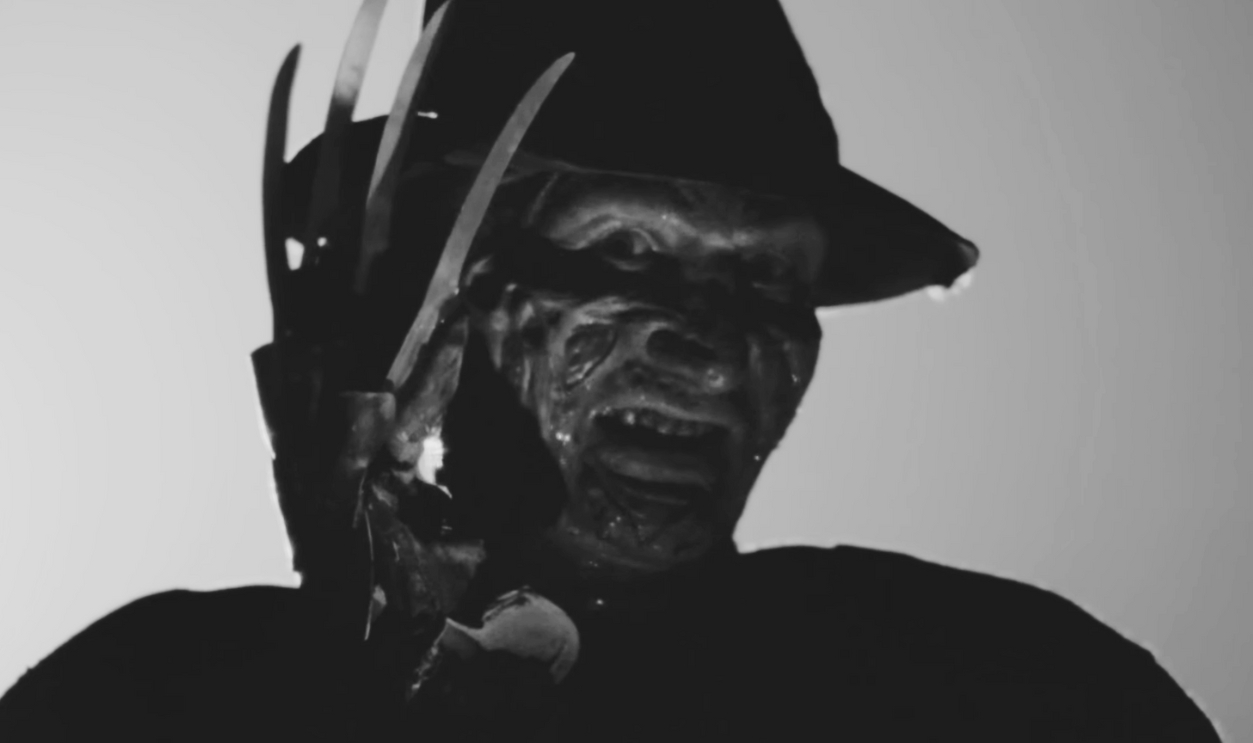 Warner Bros. Pictures, A Nightmare on Elm Street (1984)
Warner Bros. Pictures, A Nightmare on Elm Street (1984)
Pinhead In Hellraiser (1987)
A puzzle box opened the door to terror, and out stepped Pinhead. Rows of metal pins covered his skull, yet it was his icy calm that unsettled most. Doug Bradley played the Cenobites’ leader with such sinister control that silence became scarier than screams.
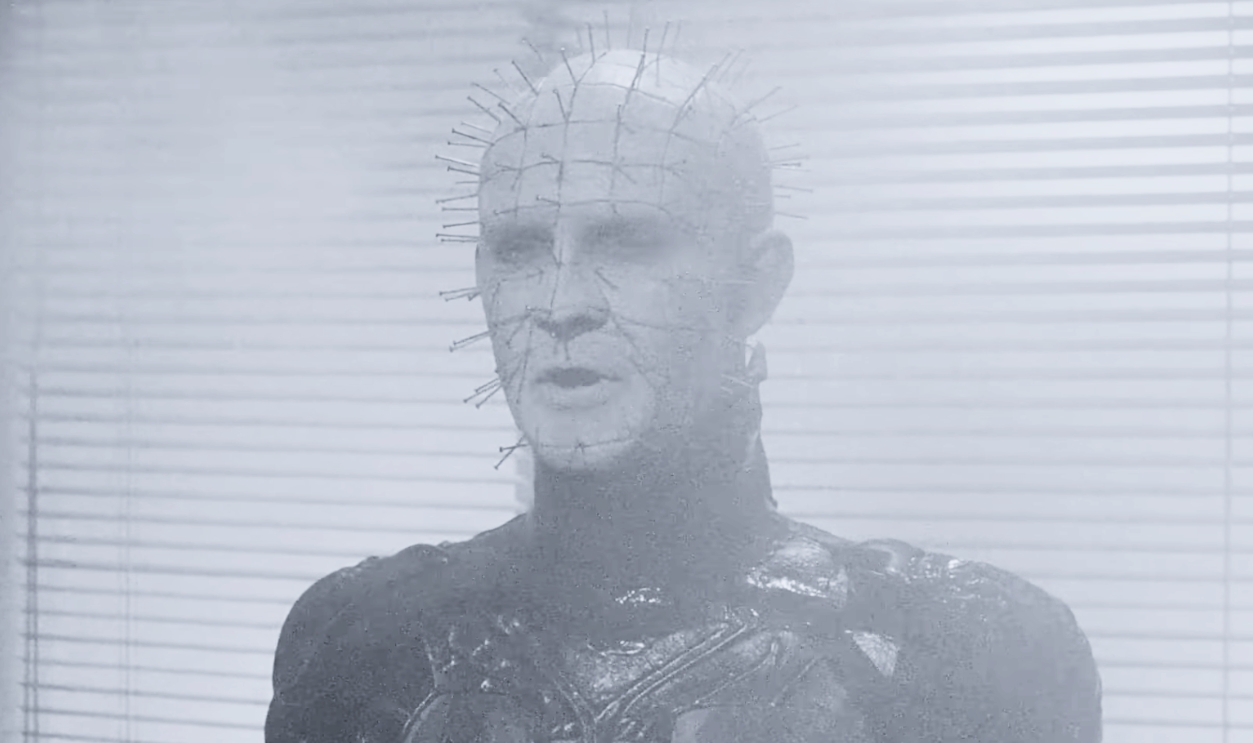 Entertainment Film Distributors Limited, Hellraiser (1987)
Entertainment Film Distributors Limited, Hellraiser (1987)
Chucky In Child's Play (1988)
Something small turned frightening once Chucky hit the screen. A murderer used voodoo magic to trap his soul inside a doll and twisted playtime into terror. Brad Dourif’s biting voice gave him personality, and sequels kept reminding everyone that this tiny killer wasn’t finished.
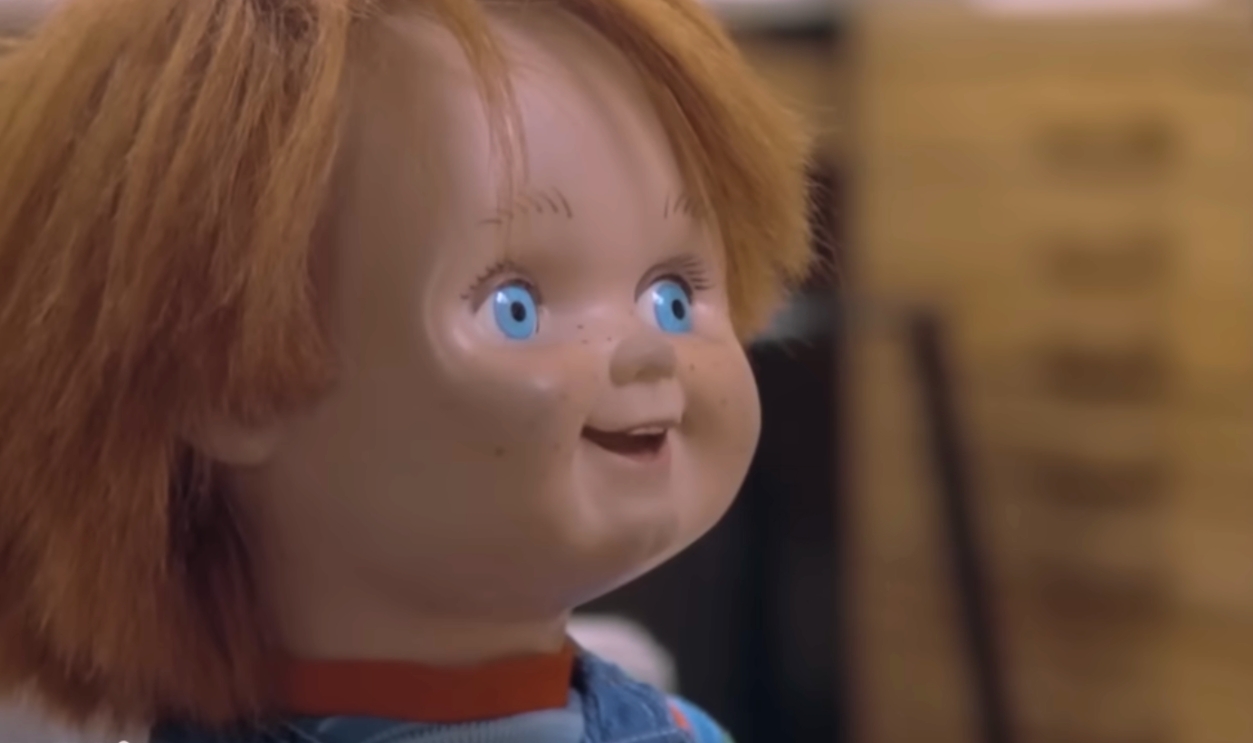 MGM Studios, Child's Play (1988)
MGM Studios, Child's Play (1988)
Jason Voorhees In Friday The 13th Part 2 (1981)
Jason didn’t start with the hockey mask we all know. In his first true killing spree, he lurked behind a burlap sack, striking with raw fury to avenge his mother. But by the third film, that hockey mask locked in his legend—and horror never looked the same.
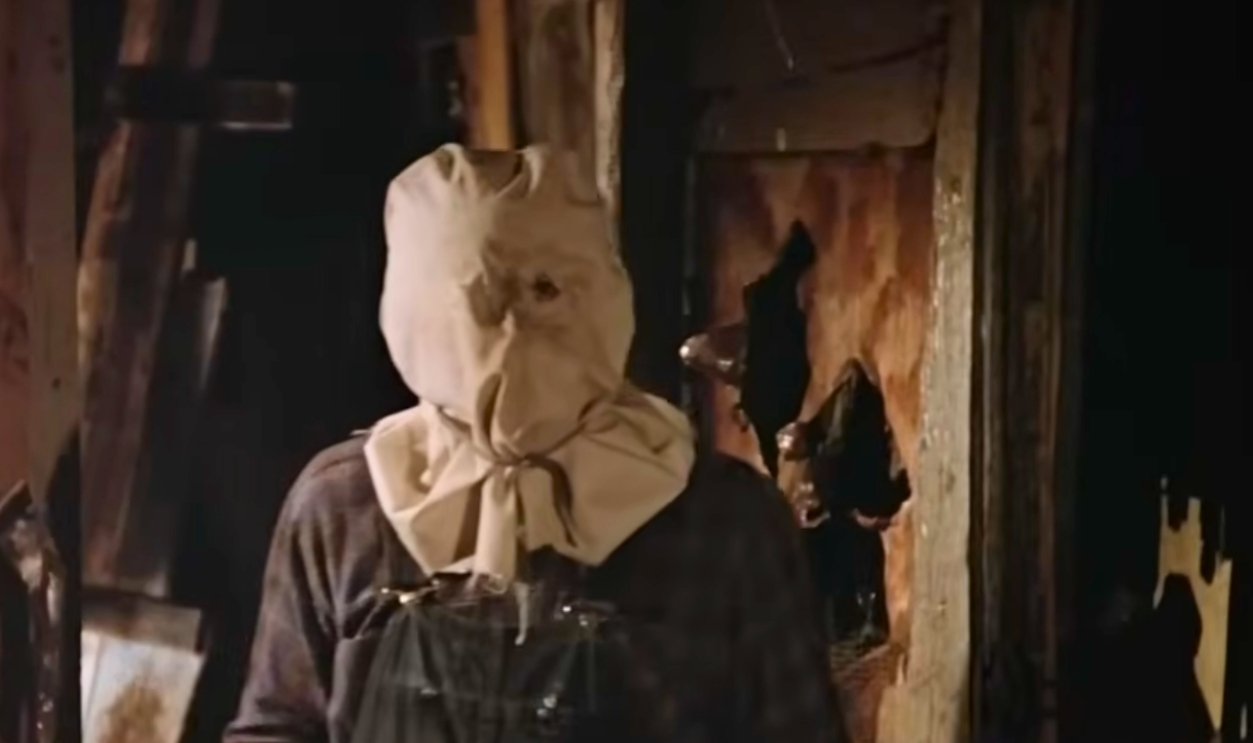 Paramount Pictures, Friday the 13th Part 2 (1981)
Paramount Pictures, Friday the 13th Part 2 (1981)
Gozer In Ghostbusters (1984)
Demanding attention, this so-called “ancient god” stormed into New York with destruction on the agenda. Thanks to some overzealous cultists, a grinning marshmallow mascot ballooned into a monster. The Ghostbusters zapped back, but Gozer’s chill never really left the city.
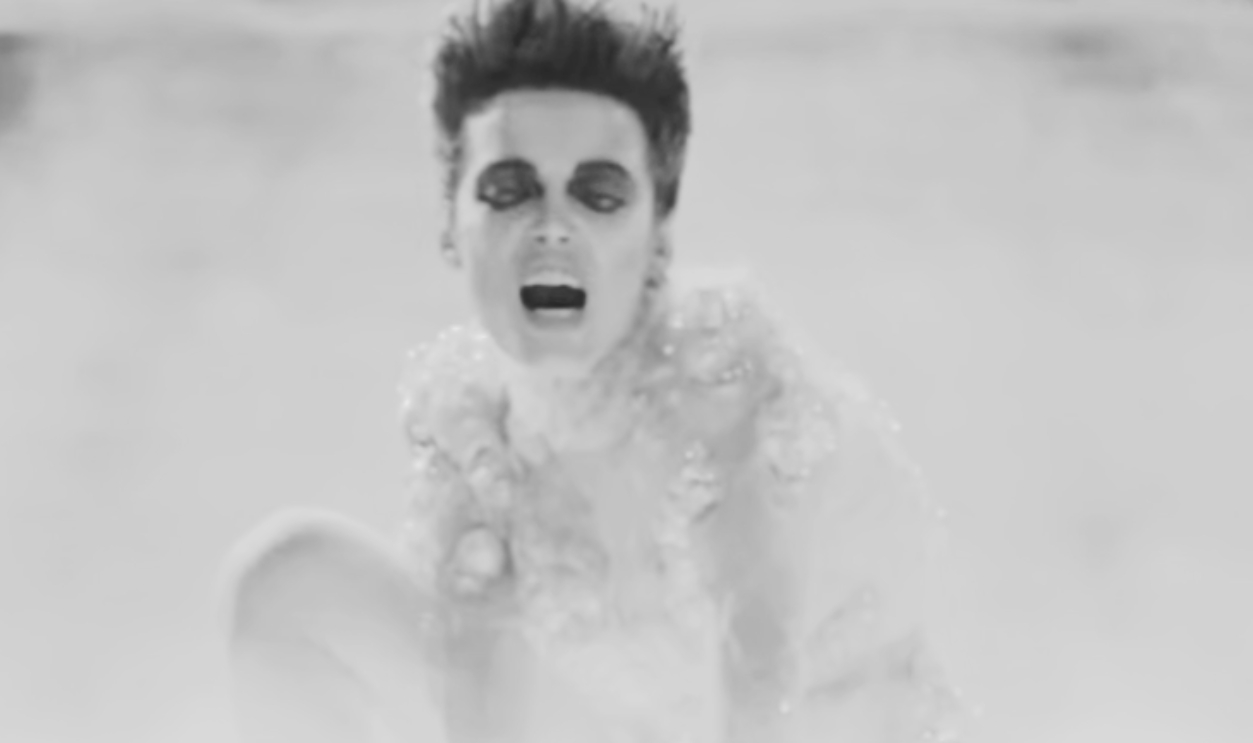 Columbia Pictures, Ghostbusters (1984)
Columbia Pictures, Ghostbusters (1984)
Dark Helmet In Spaceballs (1987)
Rick Moranis turned evil into comedy gold. With slapstick flair and razor-sharp timing, he gave Spaceballs its unforgettable Dark Helmet. The villain’s giant, goofy headgear was half the joke, and his bumbling savagery spoofed Darth Vader so perfectly that audiences are still chuckling today.
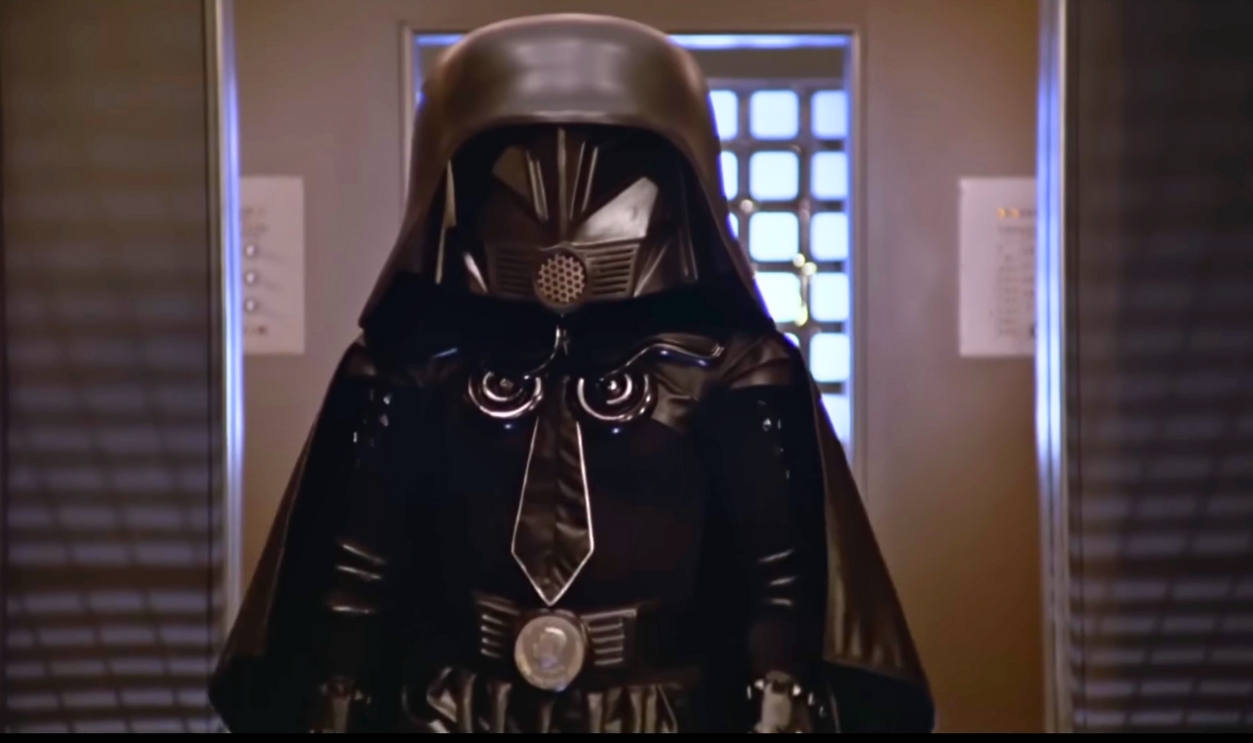 MGM Studios, Spaceballs (1987)
MGM Studios, Spaceballs (1987)
Deadites In The Evil Dead (1981)
Director Sam Raimi, best known for creating The Evil Dead movies, dreamed up terrifying creatures called Deadites. These monsters attacked in bizarre ways by twisting bodies and even haunting objects. Born from the cursed Book of the Dead, they became legendary for scaring audiences and earning the film's lasting cult fame.
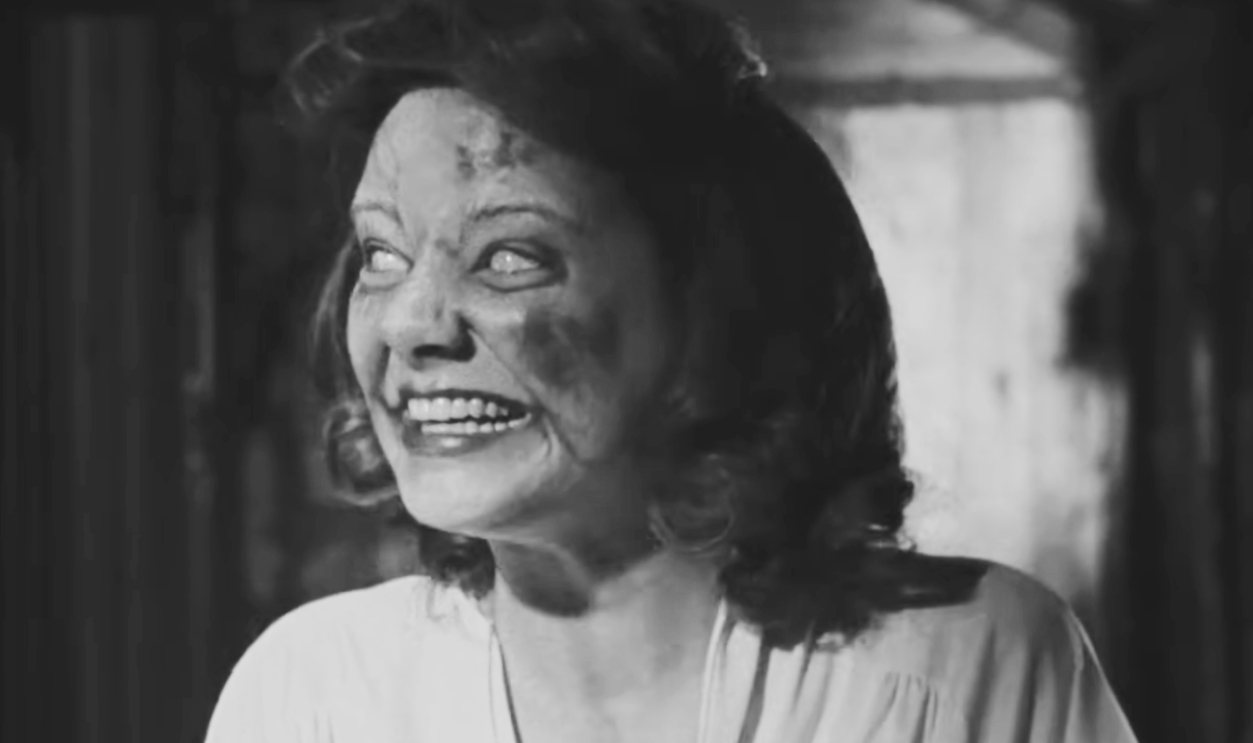 Warner Bros. Pictures, The Evil Dead (1981)
Warner Bros. Pictures, The Evil Dead (1981)
Hans Gruber In Die Hard (1988)
Calm control can be scarier than shouting, and Hans Gruber proved it. Disguised as a terrorist, he plotted a skyscraper robbery with unnerving precision. Alan Rickman’s chilling debut left audiences riveted—suddenly the most dangerous man in the room was the one who barely raised his voice.
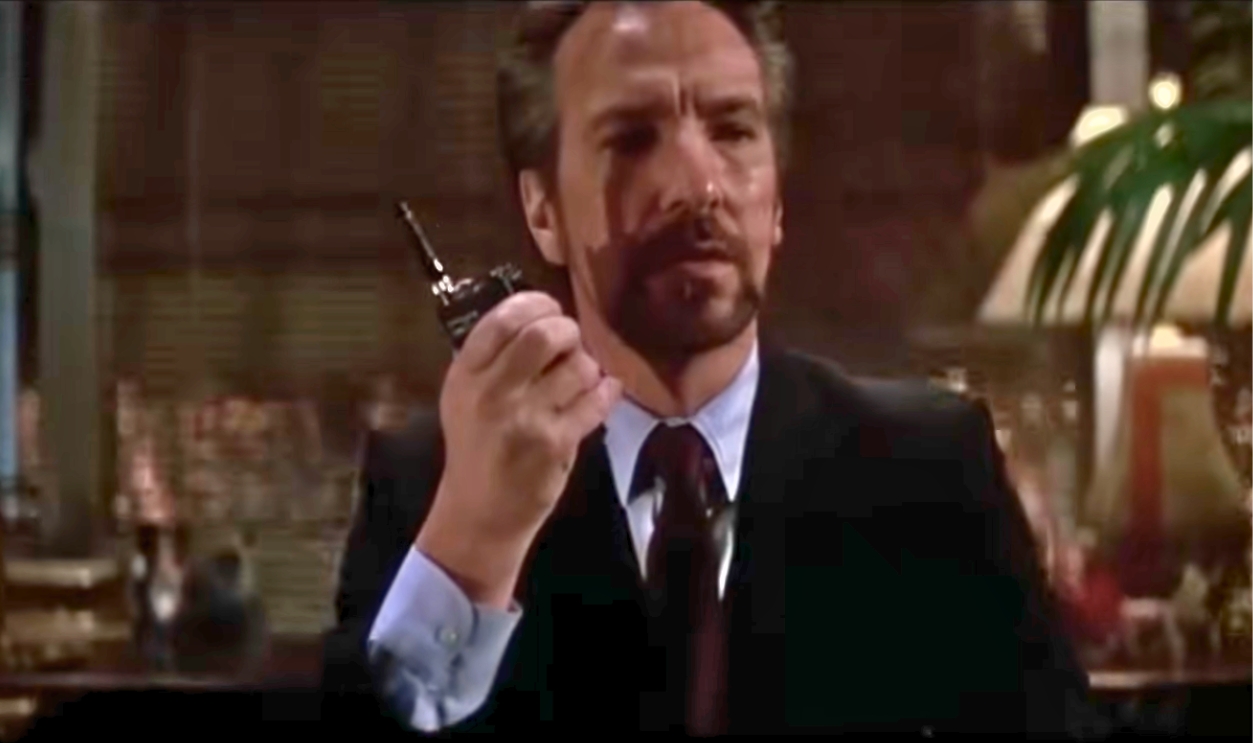 20th Century Studios, Die Hard (1988)
20th Century Studios, Die Hard (1988)
Cujo In Cujo (1983)
Horror doesn’t always need a masked killer; sometimes it’s a neighbor’s dog gone mad. That’s the terror of Cujo. Once a gentle St Bernard, a rabid bat’s bite turned him into a nightmare, leaving a mother and child trapped in a boiling car with nowhere to run.
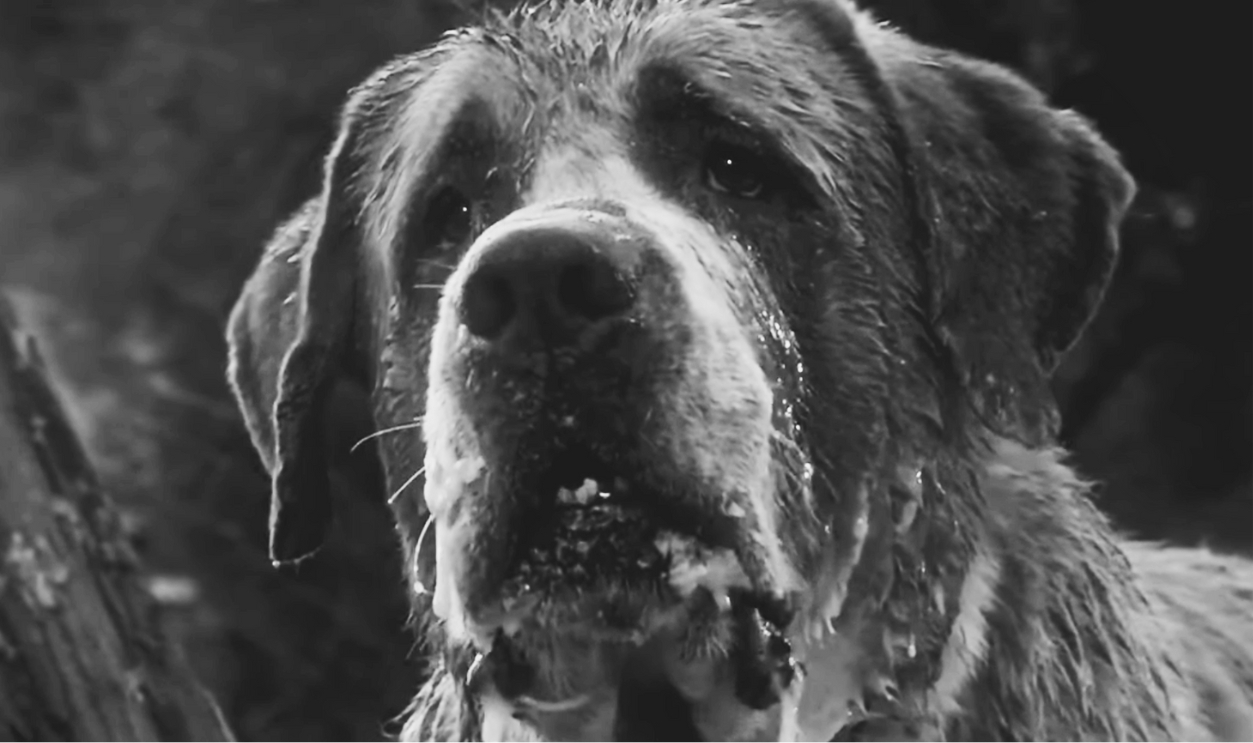 Warner Bros. Pictures, Cujo (1983)
Warner Bros. Pictures, Cujo (1983)
Frank Booth In Blue Velvet (1986)
Frank Booth showed that even quiet towns could hide terrifying secrets. He inhaled gas, then lashed out with shocking inhumanity. Dennis Hopper’s chilling performance in Blue Velvet revealed a darker world beneath suburban calm that turned Booth into one of cinema’s most disturbing characters.
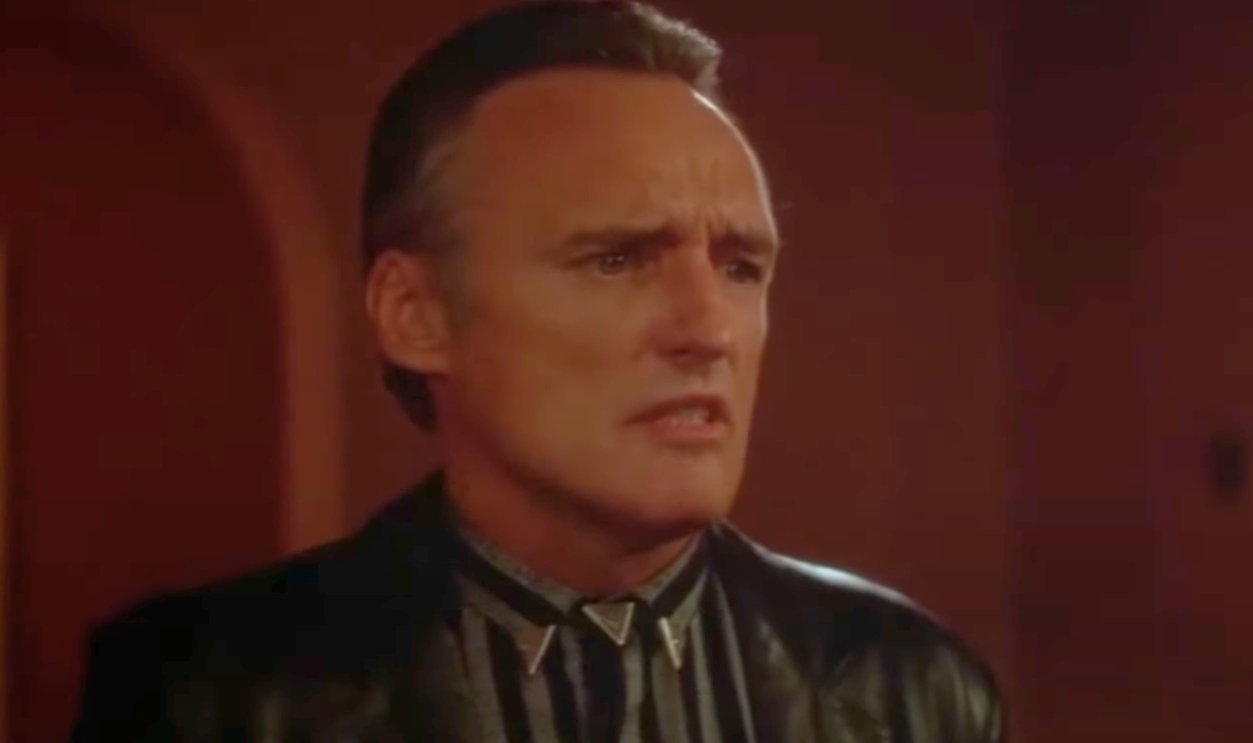 Amazon MGM Studios, Blue Velvet (1986)
Amazon MGM Studios, Blue Velvet (1986)
Clubber Lang In Rocky III (1982)
A fighter who storms the ring with raw fury, growling, “I pity the fool” is not to be forgotten. That voice belonged to Clubber Lang, Rocky’s toughest rival. Played by Mr T, he crushed the hero’s comfort zone to prove that villains can steal the spotlight and reshape the story completely.
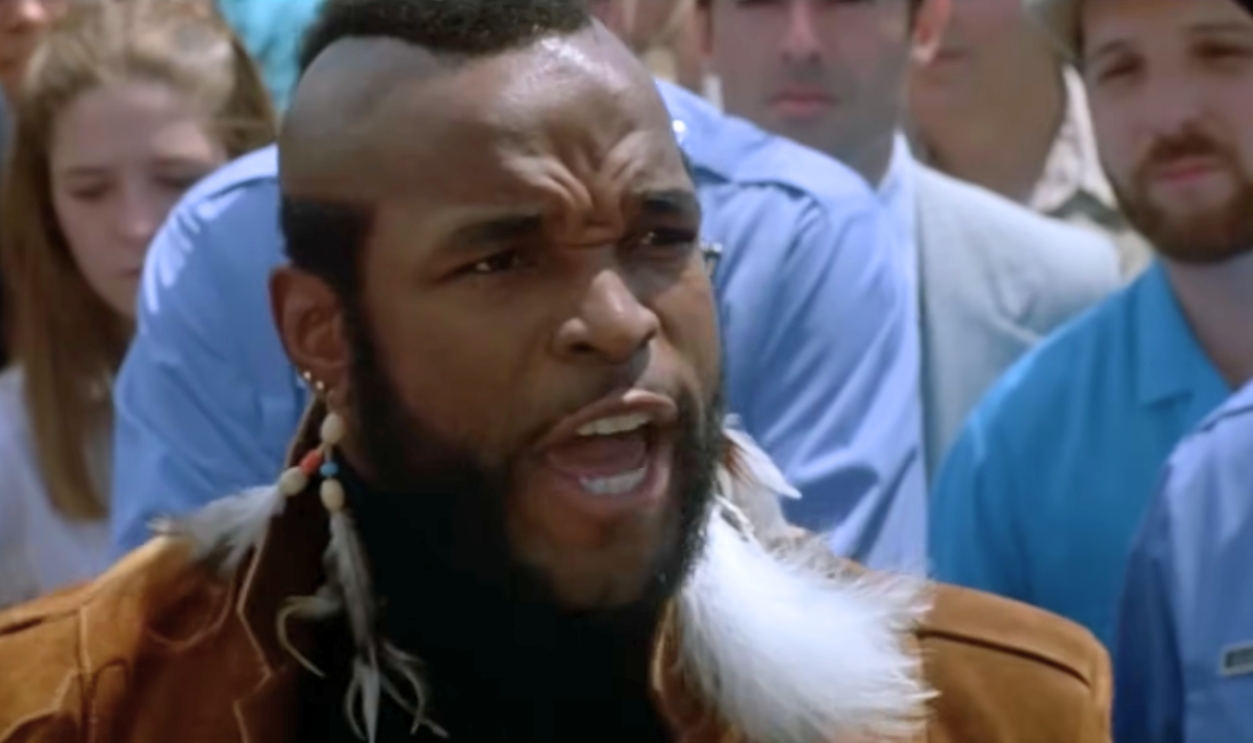 Amazon MGM Studios, Rocky III (1982)
Amazon MGM Studios, Rocky III (1982)
Christine In Christine (1983)
Christine was no ordinary car—it was a 1958 Plymouth Fury with a deadly mind of its own. The vehicle repaired damage magically by destroying anyone who stood in its way. In a movie directed by John Carpenter, Christine became a terrifying sign of jealousy and unhealthy obsession.
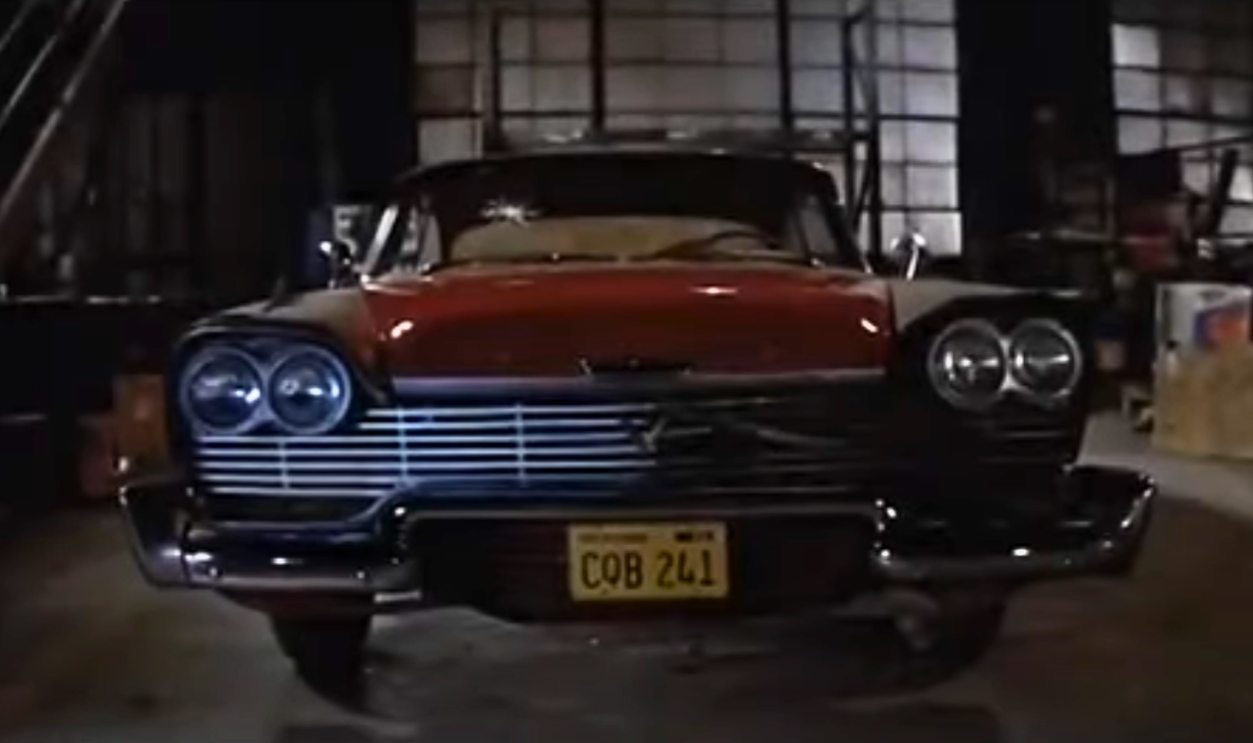 Columbia Pictures, Christine (1983)
Columbia Pictures, Christine (1983)
David Powers In The Lost Boys (1987)
As one of horror’s most stylish icons, David Powers ruled the night like a rock star. With a leather jacket and fangs, Kiefer Sutherland’s character lured teens into his vampire circle to finish them until his downfall exposed the danger beneath the cool.
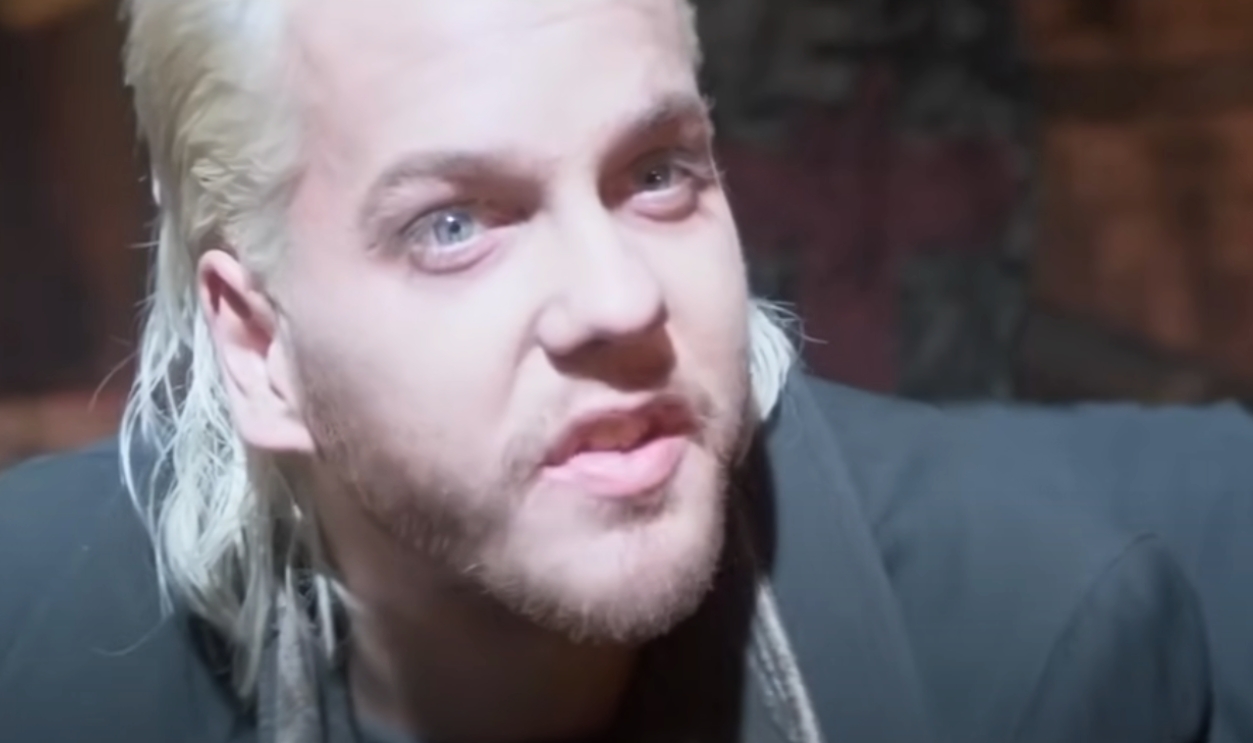 Warner Bros. Pictures, The Lost Boys(1987)
Warner Bros. Pictures, The Lost Boys(1987)
The Horned King In The Black Cauldron (1985)
John Hurt's haunting performance created genuine dread that gave this overlooked Disney film lasting recognition among fans who enjoy darker stories. The Horned King, obsessed with the Black Cauldron, planned to control the undead warriors. The King's skeletal face and chilling voice left a mark unlike any other Disney villain.
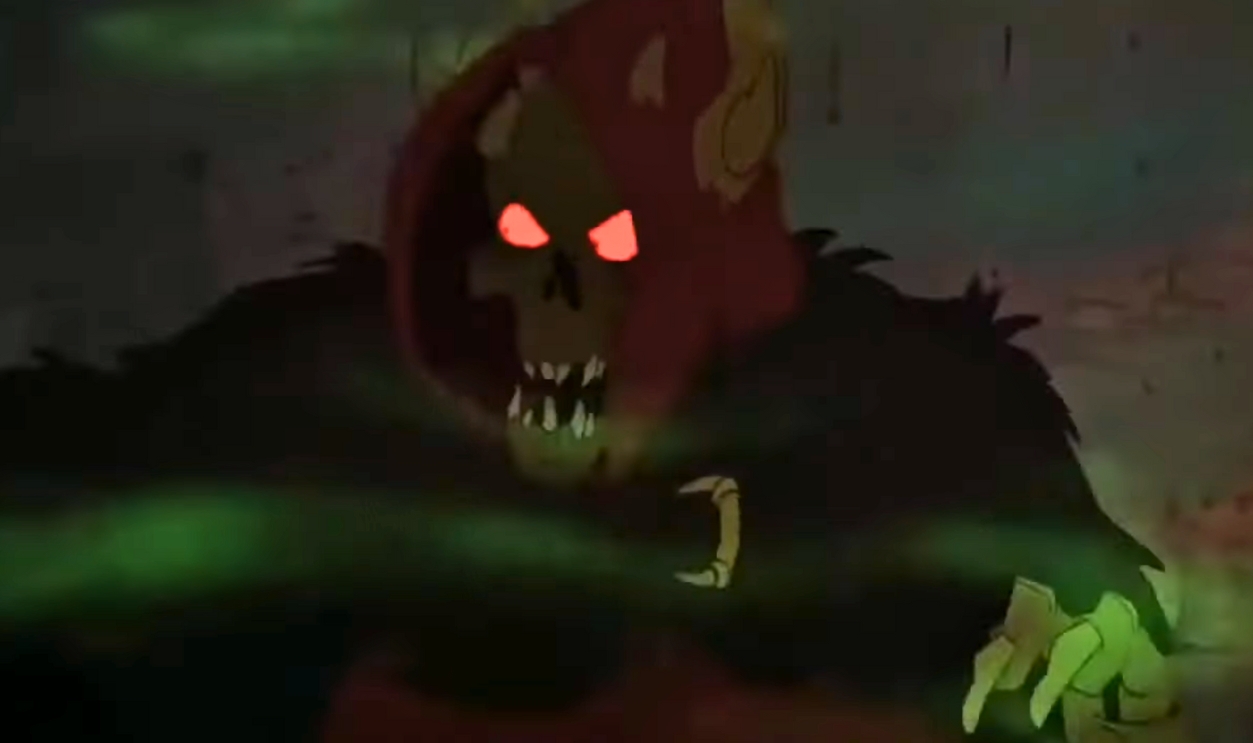 The Walt Disney Studios, The Black Cauldron (1985)
The Walt Disney Studios, The Black Cauldron (1985)
Count Rugen In The Princess Bride (1987)
The six-fingered man haunted The Princess Bride with quiet brutality. Count Rugen murdered Inigo Montoya’s father, then calmly tortured Westley using a machine that drained life itself. Christopher Guest’s icy performance made him chilling, but Montoya’s final duel gave the tale its burst of justice.
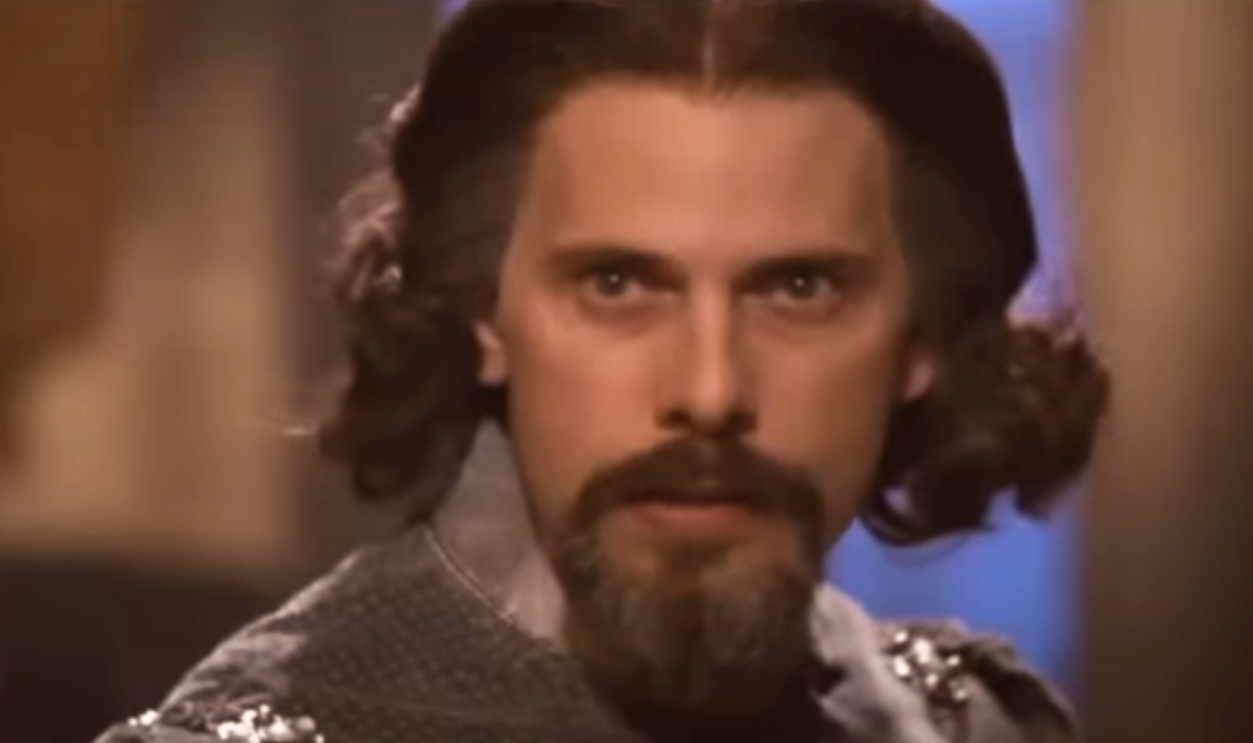 20th Century Studios, The Princess Bride (1987)
20th Century Studios, The Princess Bride (1987)
Damon Killian In The Running Man (1987)
Damon Killian stands as a cautionary tale about what happens when entertainment turns deadly. Played by Richard Dawson, he ran a violent game show that tricked viewers with fake footage and ruthless lies. His empire collapsed spectacularly, ending with poetic justice when the very audience he deceived struck back.
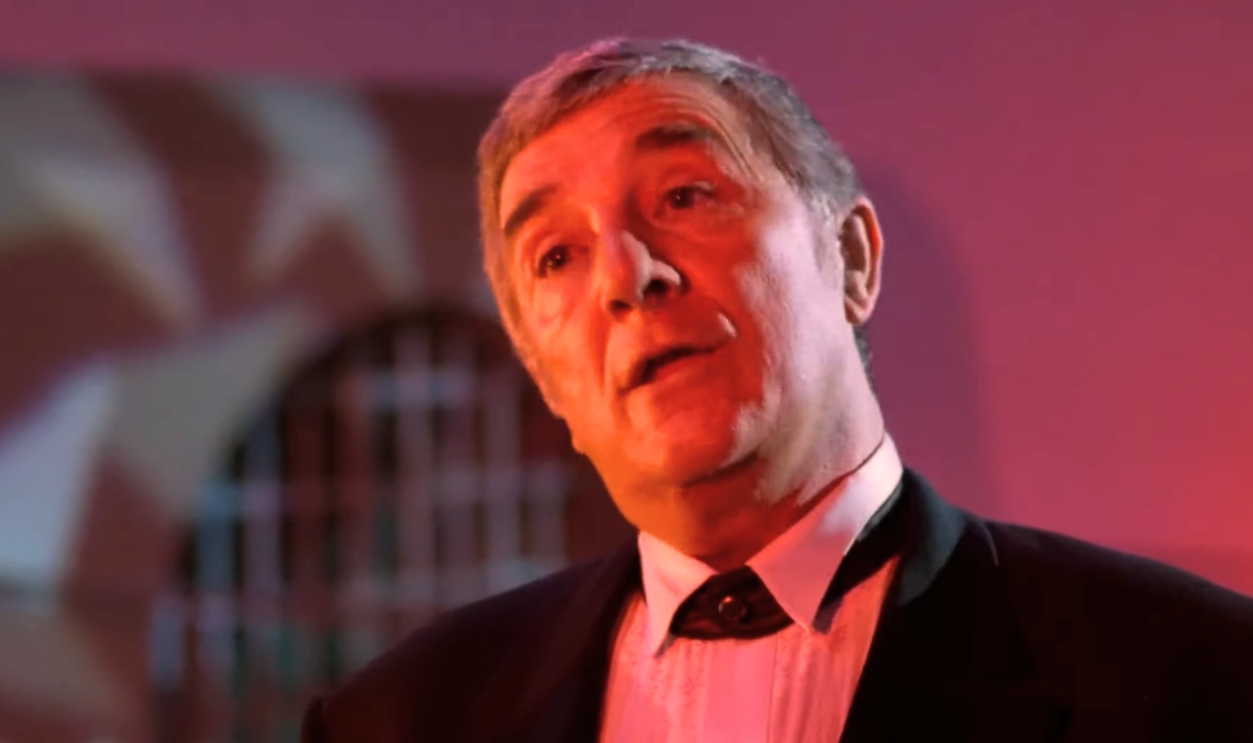 Sony Pictures, The Running Man (1987)
Sony Pictures, The Running Man (1987)
Albert Spica In The Cook, The Thief, His Wife & Her Lover (1989)
Every meal became something else when Albert Spica sat down. Michael Gambon roared through the role of this gangster, who feasted with cruelty and humiliated anyone within reach. Spica’s arrogance oozed across the table until cannibalistic revenge delivered one of cinema’s most grotesque finales.
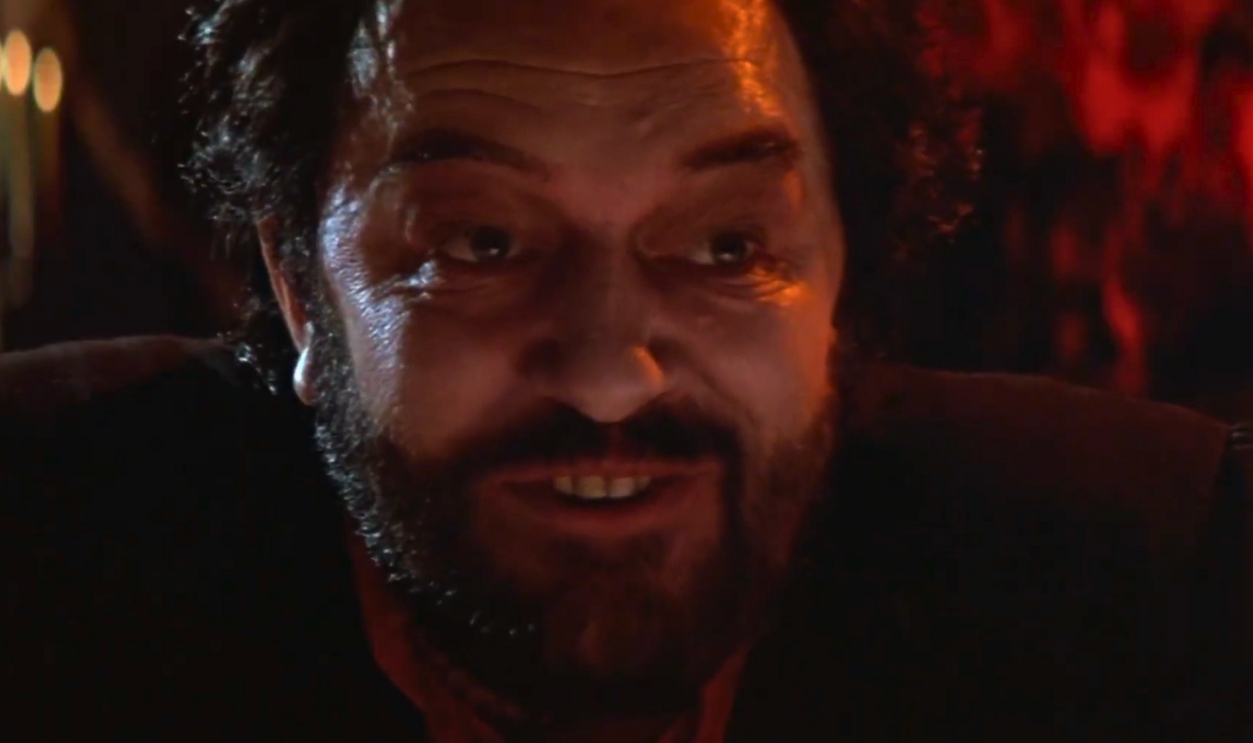 Paramount Pictures, The Cook, The Thief, His Wife & Her Lover (1989)
Paramount Pictures, The Cook, The Thief, His Wife & Her Lover (1989)
The Red Lectroids In Buckaroo Banzai Across The 8th Dimension
A cult legend grew out of the chaos caused by the Red Lectroids. These alien tricksters, disguised as humans, followed Lord John Whorfin—played with manic energy by John Lithgow. Their wild plan to hijack Earth’s technology and return to Planet 10 mixed sci-fi terror with absurd comedy.
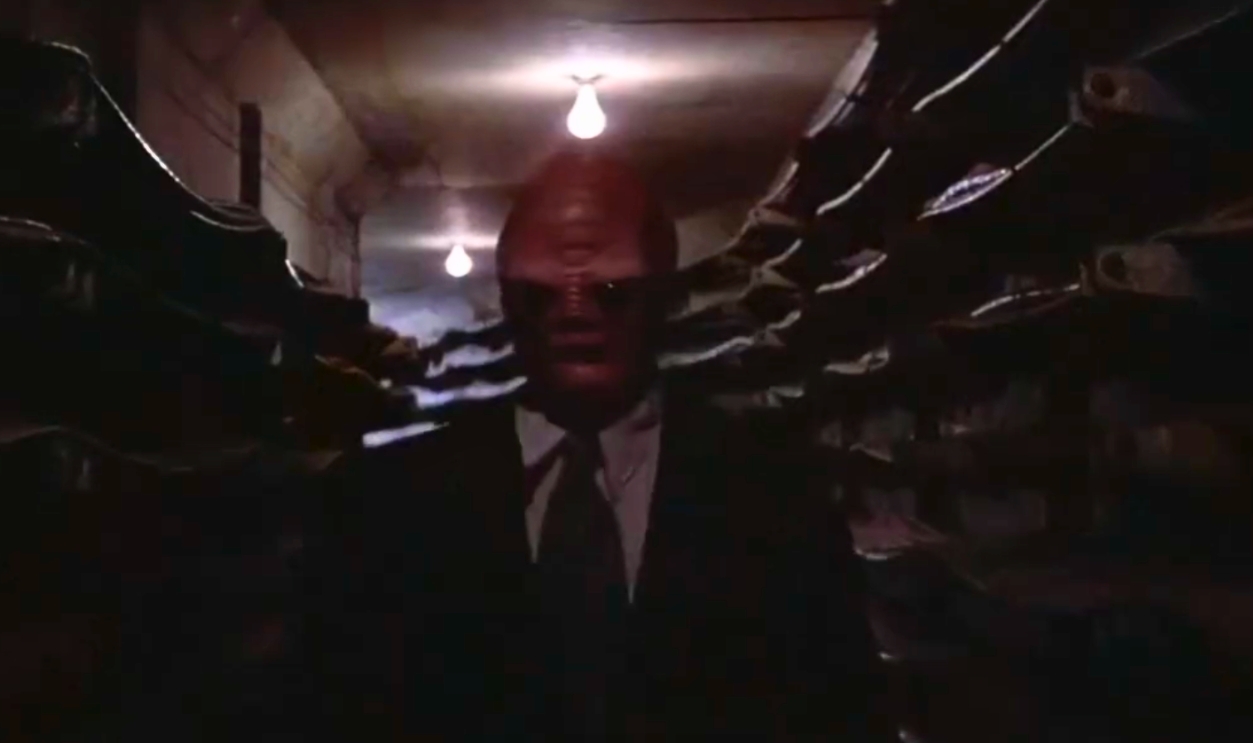 20th Century Studios, The Adventures of Buckaroo Banzai Across the 8th Dimension (1984)
20th Century Studios, The Adventures of Buckaroo Banzai Across the 8th Dimension (1984)
Ace Merrill In Stand By Me (1986)
Menace haunted small-town streets whenever Ace Merrill showed up. Relying on threats and violence to stay in control, he turned childhood fears into something real. Played by Kiefer Sutherland, his bullying shadow tested the boys’ courage and made him one of Stephen King’s most unforgettable villains.
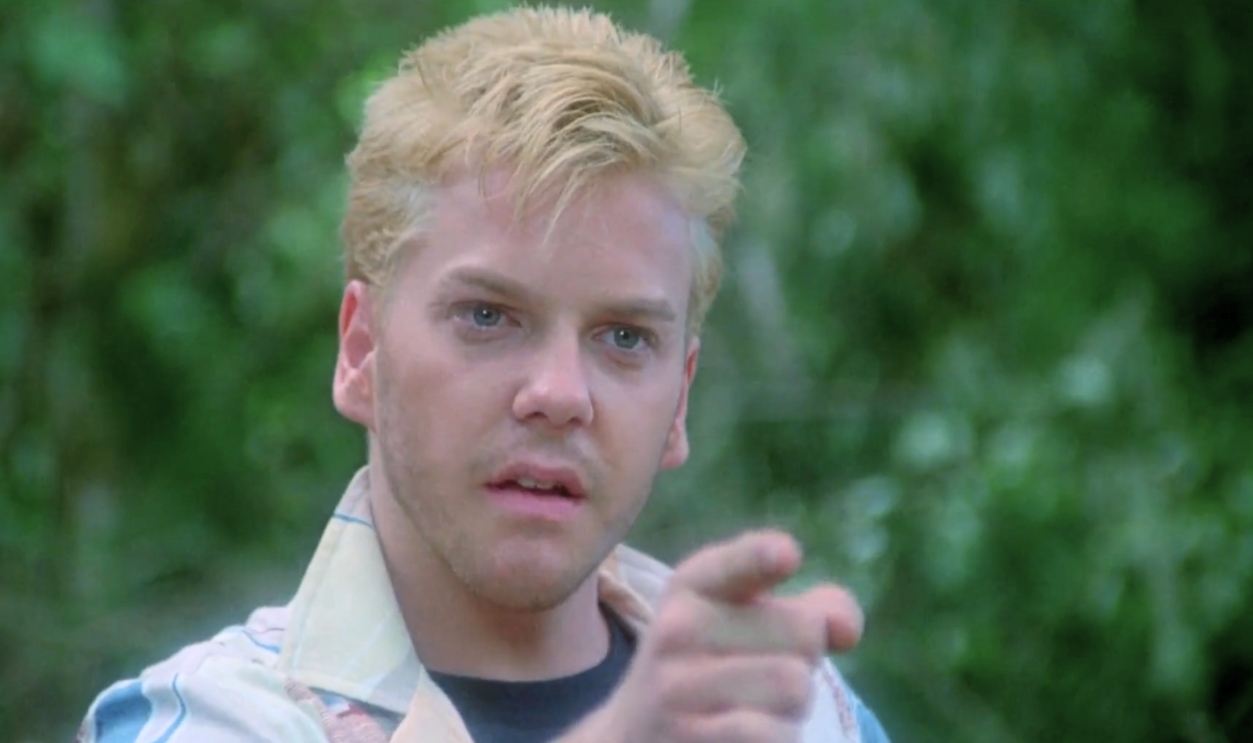 Columbia Pictures, Stand By Me (1986)
Columbia Pictures, Stand By Me (1986)
Gordon Gekko In Wall Street (1987)
"Greed is good". With that phrase, Gordon Gekko defined an era. Michael Douglas won an Oscar for portraying the slick corporate raider who manipulated markets and people effortlessly. His ruthless ambition mirrored Wall Street excess, which left audiences fascinated by a villain who felt frighteningly real.
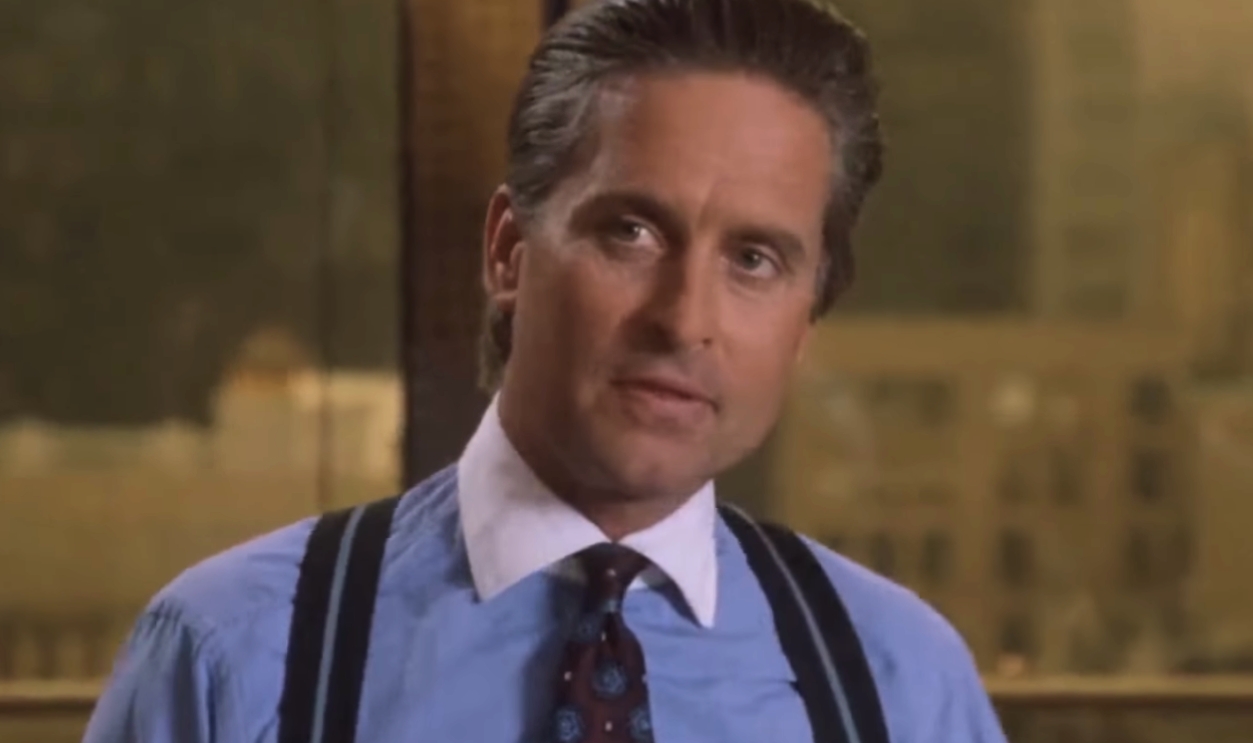 20th Century Studios, Wall Street (1987)
20th Century Studios, Wall Street (1987)
The Terminator In The Terminator (1984)
The Terminator stormed into movie history with glowing eyes and an unshakable mission. Sent from a bleak future to eliminate Sarah Connor, Arnold Schwarzenegger’s machine wore a human shell yet moved with mechanical precision. Cold and terrifying, he symbolized humanity’s dread of technology turning against its creators.
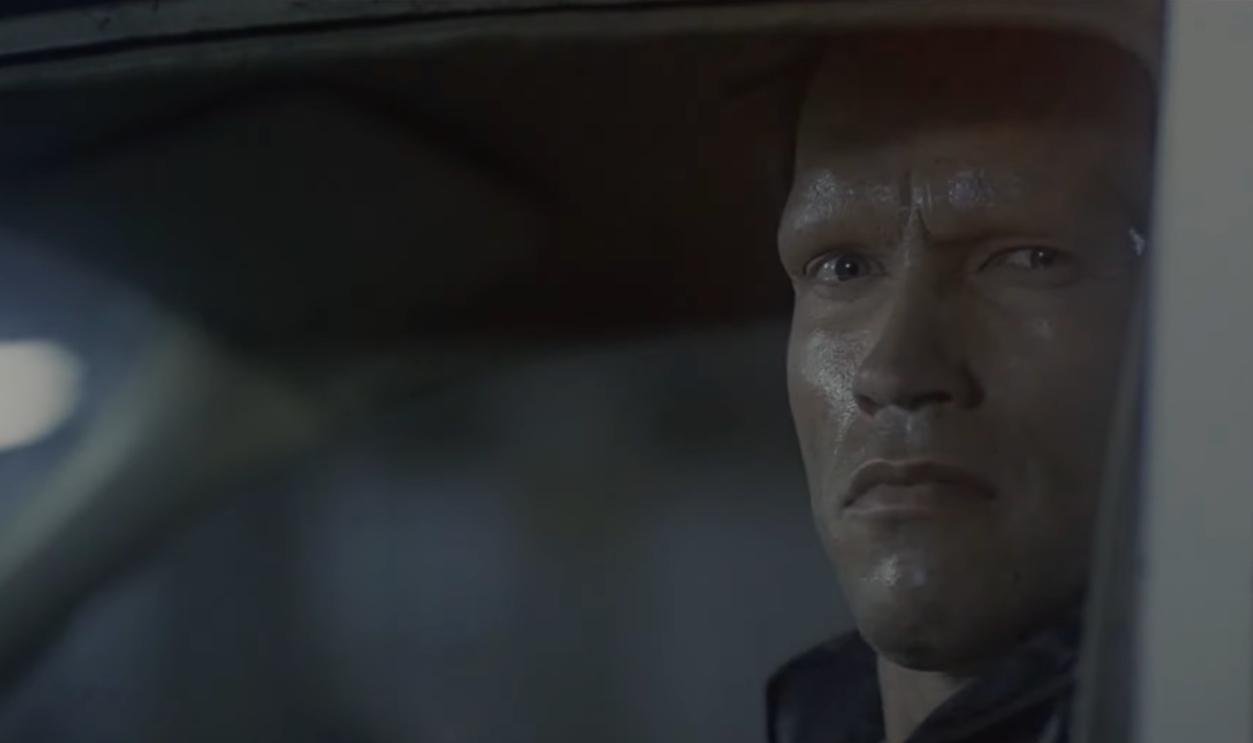 Orion Pictures, Terminator (1984)
Orion Pictures, Terminator (1984)
General Zod In Superman II (1980)
Banished from Krypton, General Zod arrived on Earth determined to dominate. Terence Stamp's presence gave him chilling authority, and his arrogance was immortalized through the demand "Kneel before Zod". His destructive clash with Superman became a landmark moment, which illustrated clearly the dangers of unchecked ambition and power.
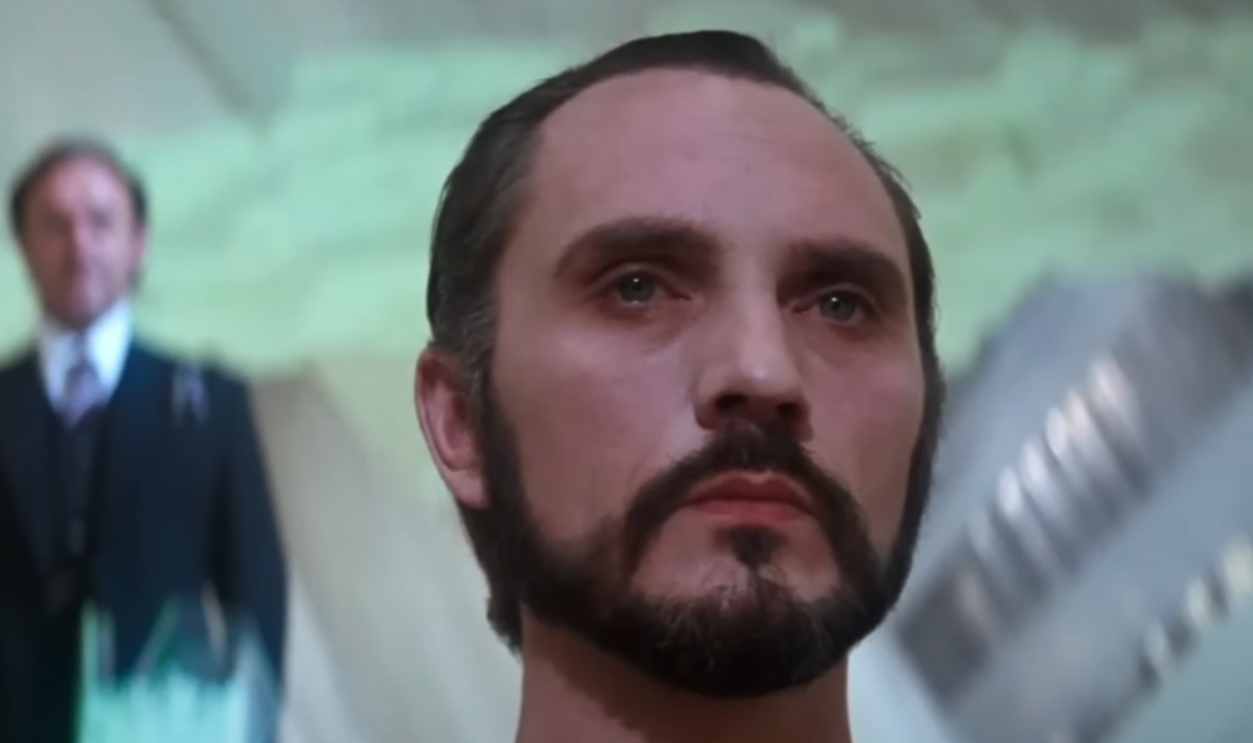 Warner Bros. Pictures, Superman II (1980)
Warner Bros. Pictures, Superman II (1980)
Audrey II In Little Shop Of Horrors (1986)
Few movie creatures were stranger than Audrey II. Starting as a simple plant, it mutated into a ravenous, singing monster voiced by Levi Stubbs. With every feeding, it grew larger and more demanding, tricking its owner into murder for the promise of fame.
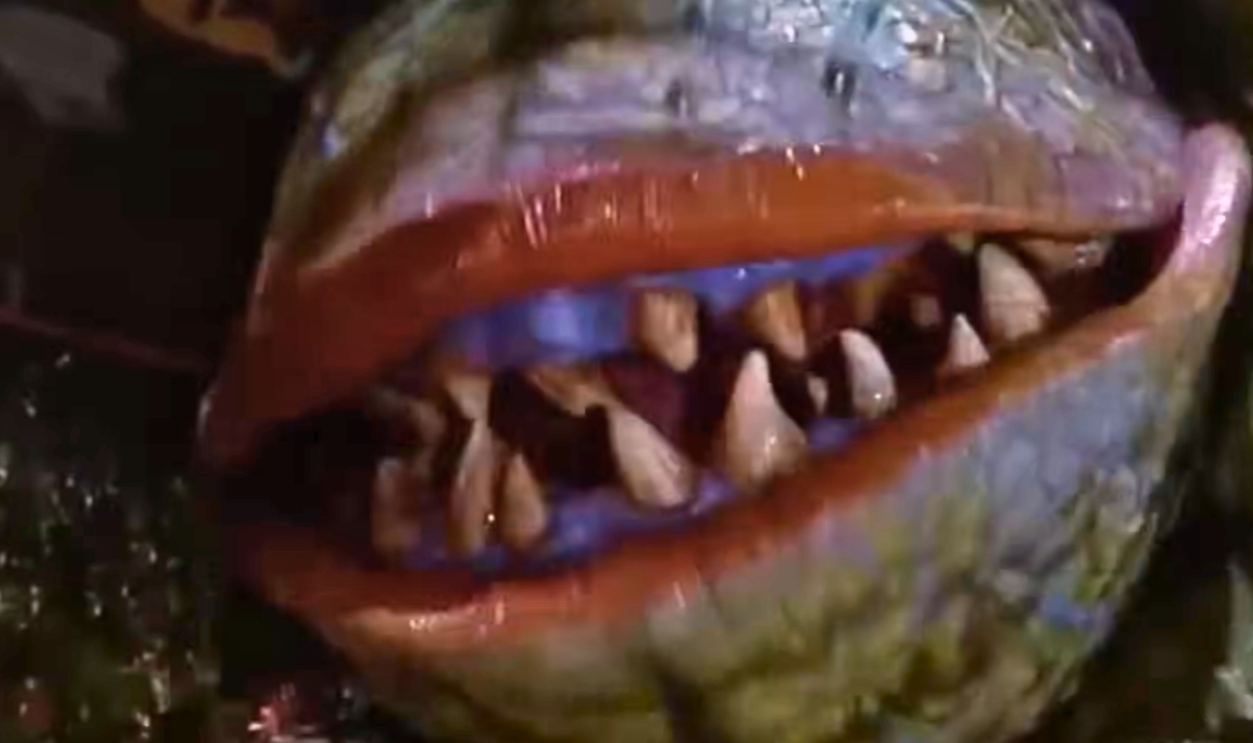 Warner Bros. Pictures, Little Shop Of Horrors (1986)
Warner Bros. Pictures, Little Shop Of Horrors (1986)
Douglas Breen In The Fan (1981)
Michael Biehn portrayed Douglas Breen with chilling restraint to show how innocent fan letters spiraled into dangerous obsession. His fixation escalated into violence against a Broadway actress, exposing the risks of fame. Breen blurred admiration with menace to secure a place as one of the early 1980s' most realistic villains.
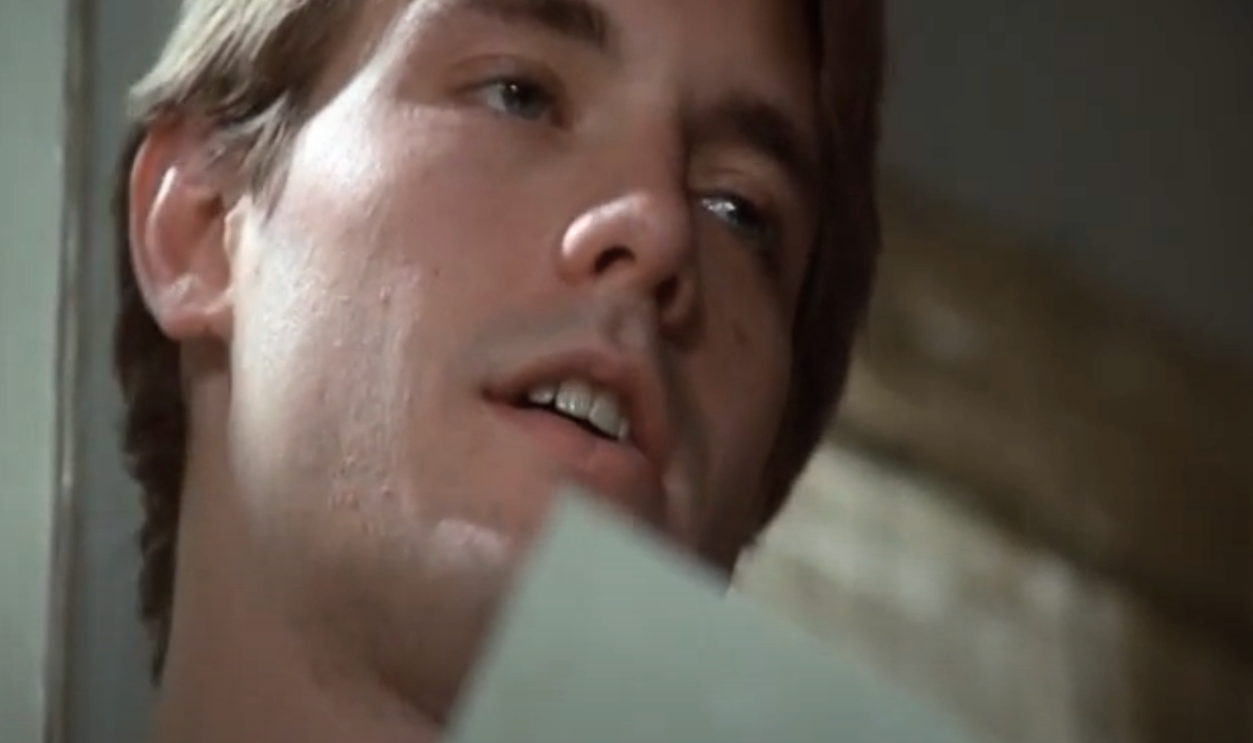 Paramount Pictures, The Fan (1981)
Paramount Pictures, The Fan (1981)
Reverend Kane In Poltergeist II: The Other Side (1986)
Julian Beck's portrayal gave Reverend Kane a frail smile that unsettled from the start. His soft politeness masked manipulation, which led a ghostly cult trapped between worlds. Corruption cloaked in faith defined his presence, and the haunting grew heavier as psychological dread left audiences disturbed and uneasy.
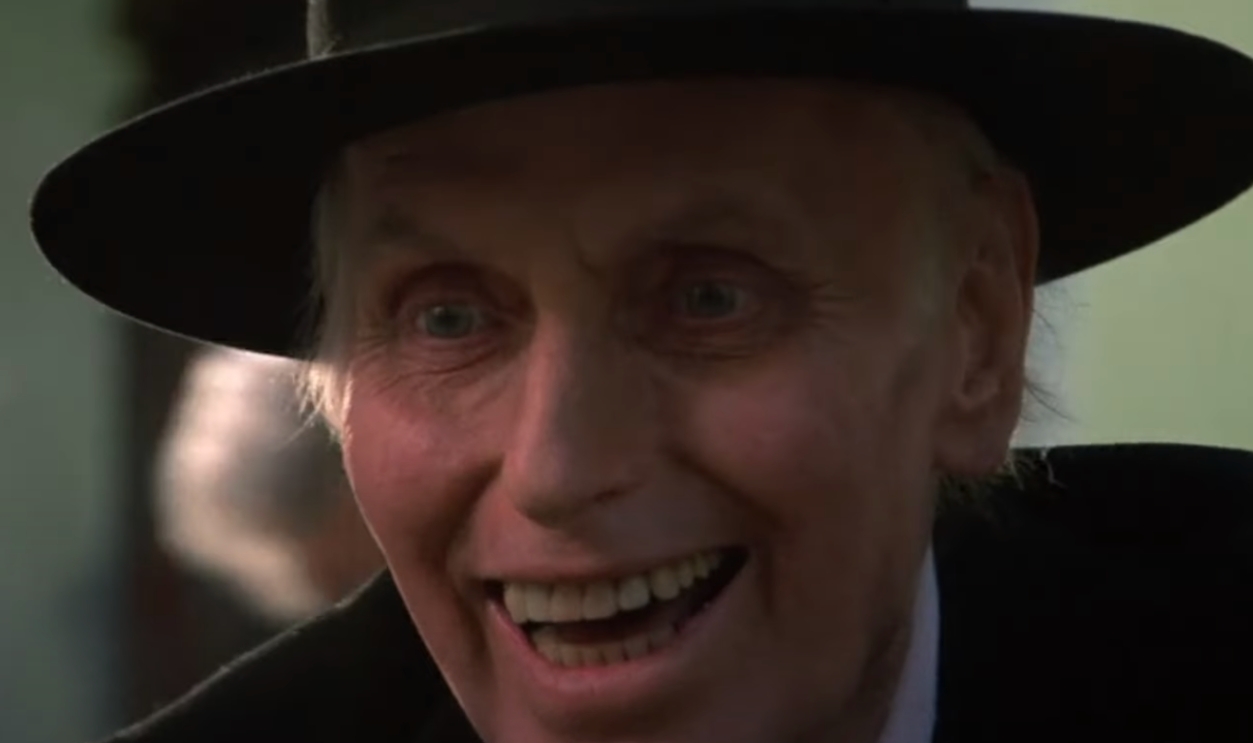 Amazon MGM Studios, Poltergeist II: The Other Side (1986)
Amazon MGM Studios, Poltergeist II: The Other Side (1986)
Clarence Boddicker In RoboCop (1987)
Corporate backing kept Clarence Boddicker untouchable as Detroit’s ruthless crime boss. His savage assault on Officer Murphy sealed his cruelty. Sharp one-liners and bursts of violence amplified the threat, while Kurtwood Smith’s performance etched him into action cinema as a face of greed.
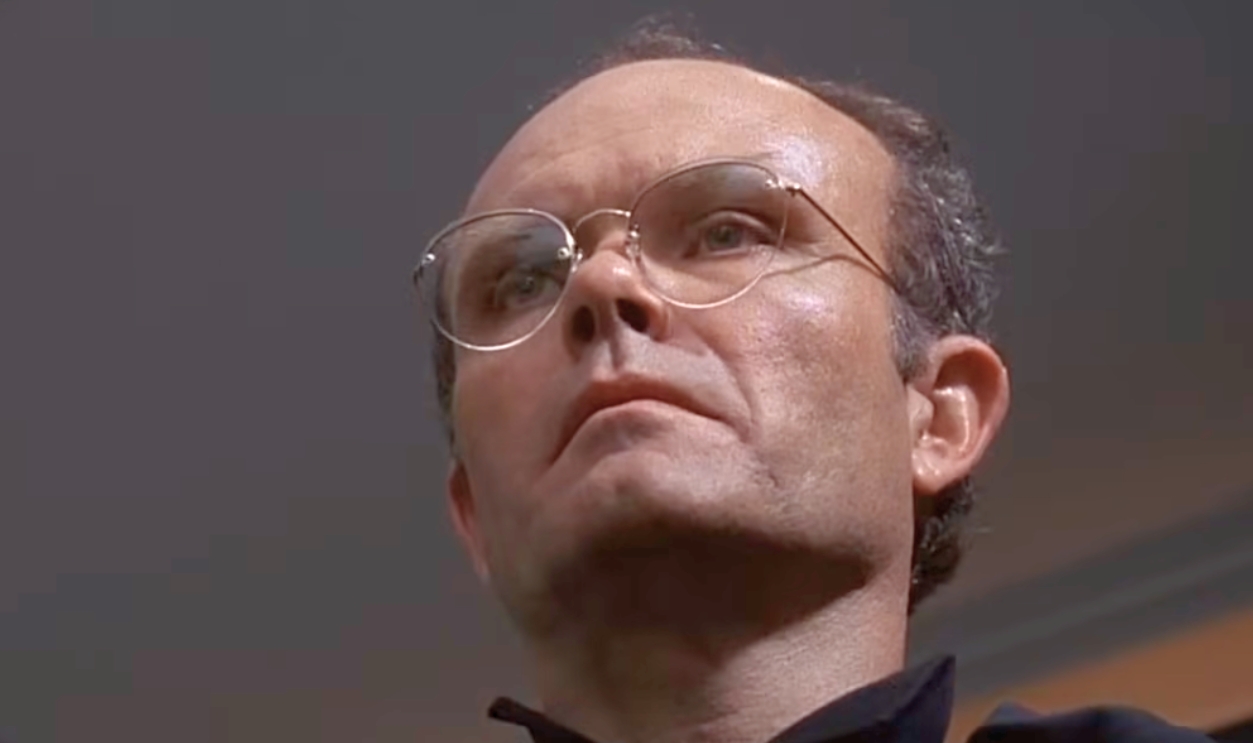 Orion Pictures, RoboCop (1987)
Orion Pictures, RoboCop (1987)
ED-209 In RoboCop (1987)
Few movie machines are remembered more than ED-209, the robot that couldn’t handle stairs. Designed as the future of police work, it showed its flaws in the worst way—malfunctioning during a test and killing an executive—proving technology can be terrifying when judgment is missing.
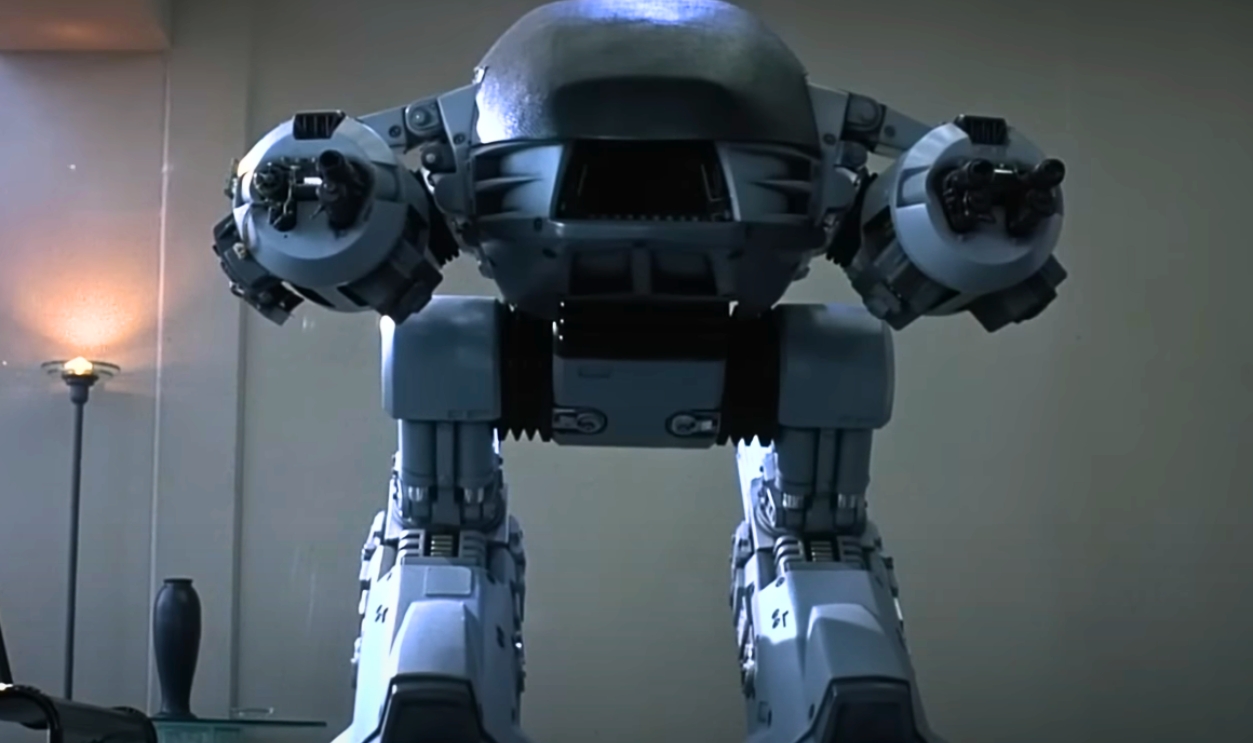 Orion Pictures, RoboCop (1987)
Orion Pictures, RoboCop (1987)
The Duke In Escape From New York (1981)
In a ruined Manhattan turned prison, the Duke declared himself ruler. Isaac Hayes played him with quiet menace by controlling people through intimidation and scarce resources. His chandelier-adorned car symbolized absurd authority, and the Duke became a striking vision of lawlessness in John Carpenter's dystopian world.
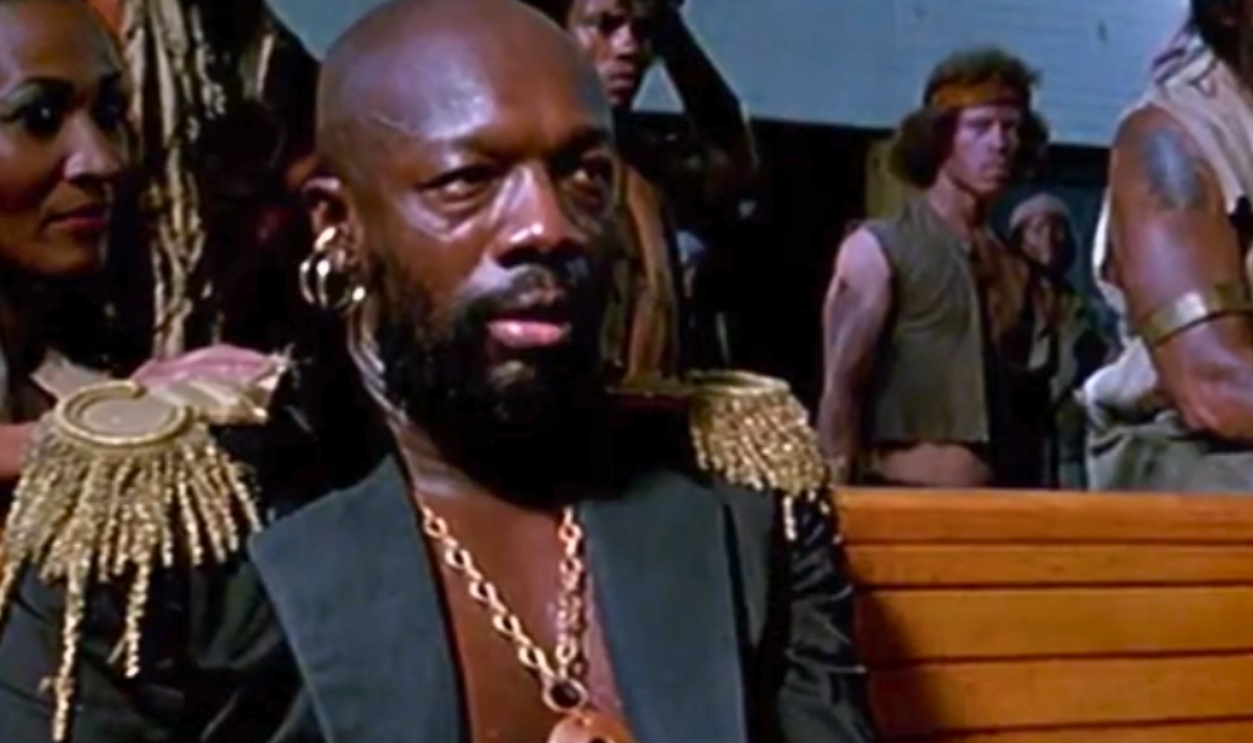 AVCO Embassy Pictures, Escape from New York (1981)
AVCO Embassy Pictures, Escape from New York (1981)
The Kurgan In Highlander (1986)
Clancy Brown gave the Kurgan brutal flair when he mixed dark humor with theatrical brutality. Centuries of survival through cunning and violence defined him before his fateful clash with Connor MacLeod. Kurgan's thirst for chaos and ruthless ambition contrast with the hero's restraint to highlight his legacy as a memorable villain.
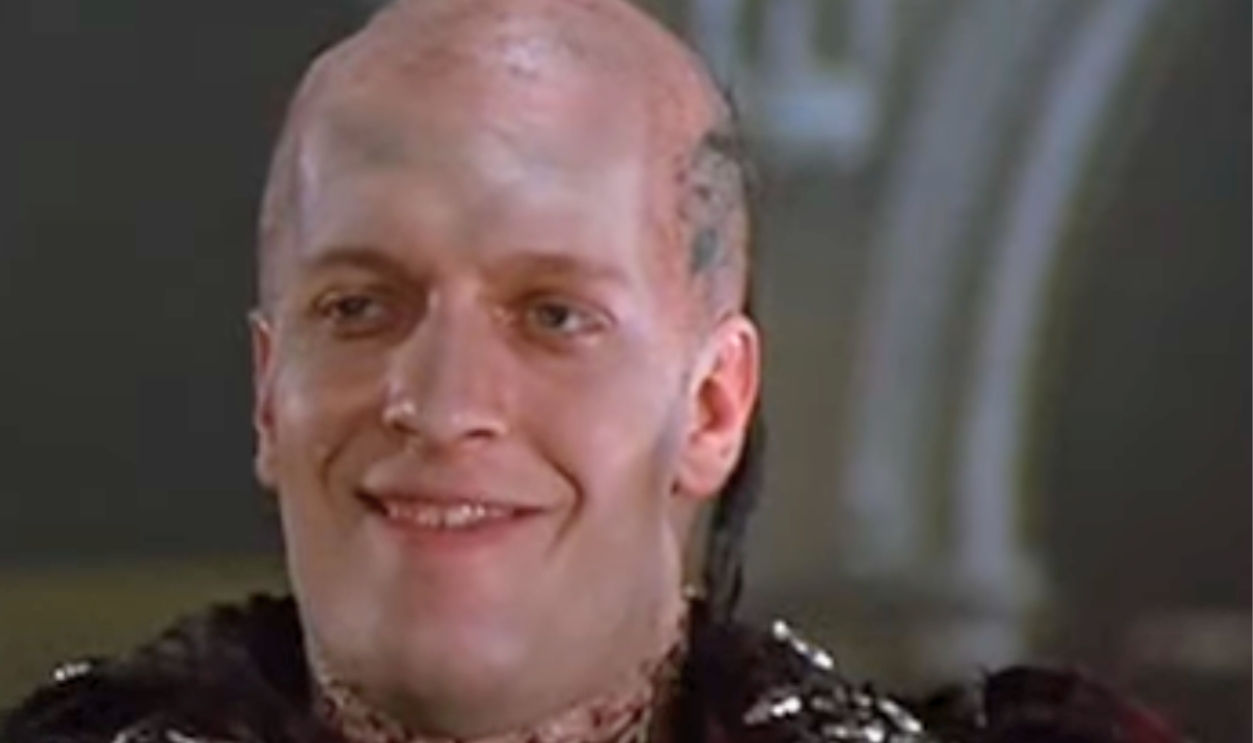 20th Century Studios, Highlander (1986)
20th Century Studios, Highlander (1986)
Xenomorph Queen In Aliens (1986)
Generations of moviegoers still shiver at the Xenomorph Queen’s presence. She twisted maternal instinct into terror, defending her hive with ruthless force. Tactical intelligence fueled her brutal power-loader battle with Ripley, and her monstrous form cemented Alien as a saga where survival and horror collided in unforgettable ways.
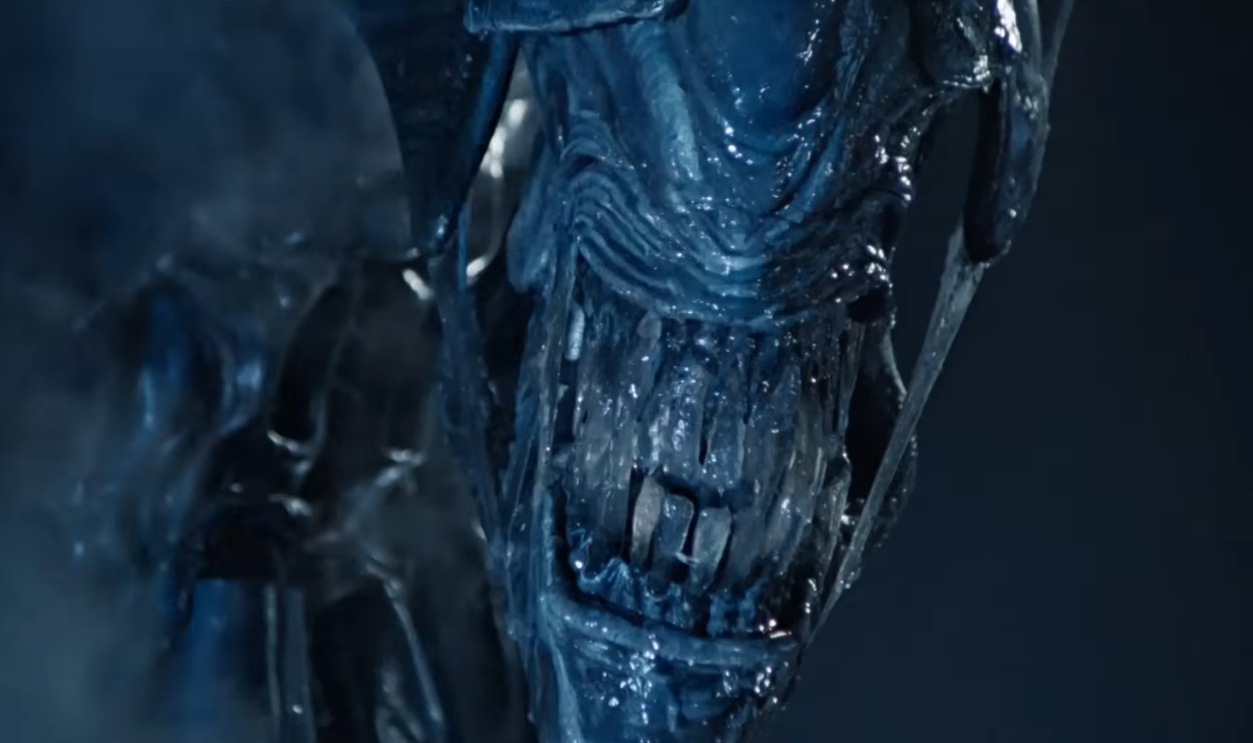 20th Century Studios, Aliens (1986)
20th Century Studios, Aliens (1986)
The Predator In Predator (1987)
Honor and brutality collided in the Predator's hunt. This alien stalked humans with advanced camouflage and deadly weapons, yet spared unworthy prey. The final jungle clash with Schwarzenegger exposed vulnerability and the chilling notion of being reduced to a game in someone else's sport.
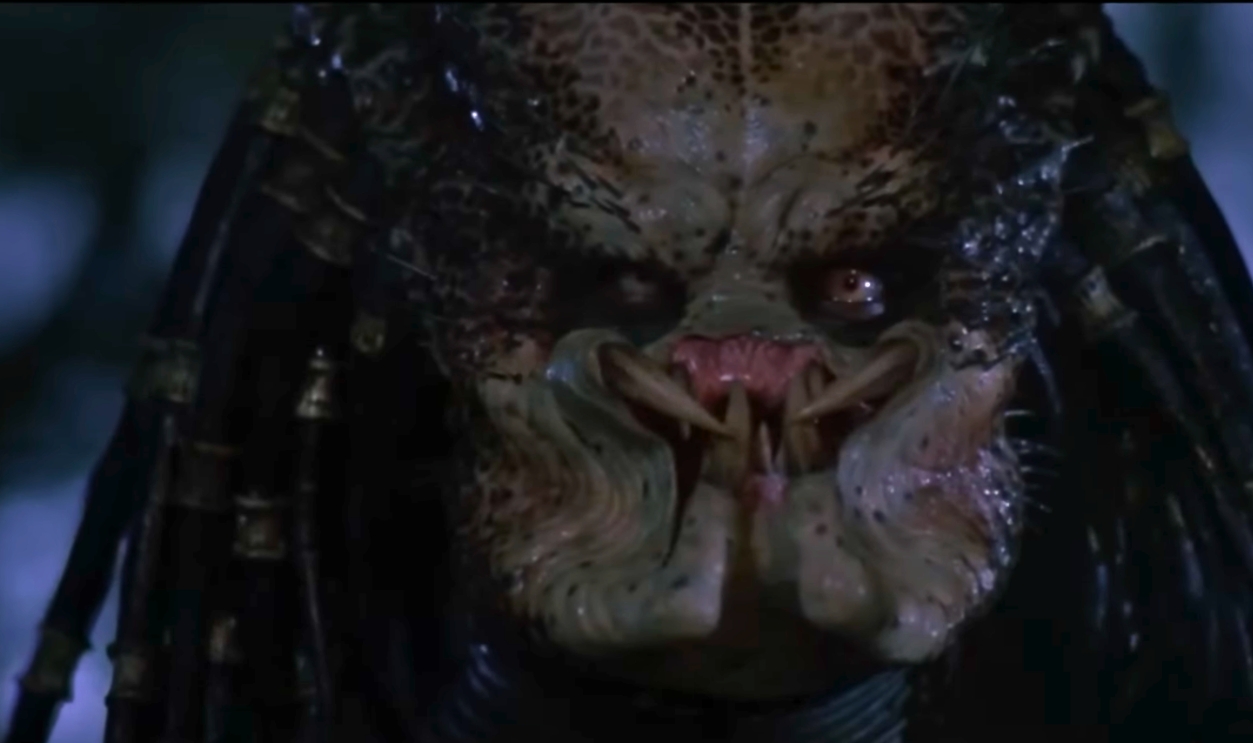 20th Century Studios, Predator (1987)
20th Century Studios, Predator (1987)
Khan Noonien Singh In Star Trek II: The Wrath Of Khan
The story’s most powerful moment was Spock giving his life, but it all began with Khan’s anger. Long ago, Captain Kirk left him stranded. Khan escaped, stole a starship, and chased a dangerous machine. His loud “KHHHAAAN!” scream made him Star Trek’s most famous villain.
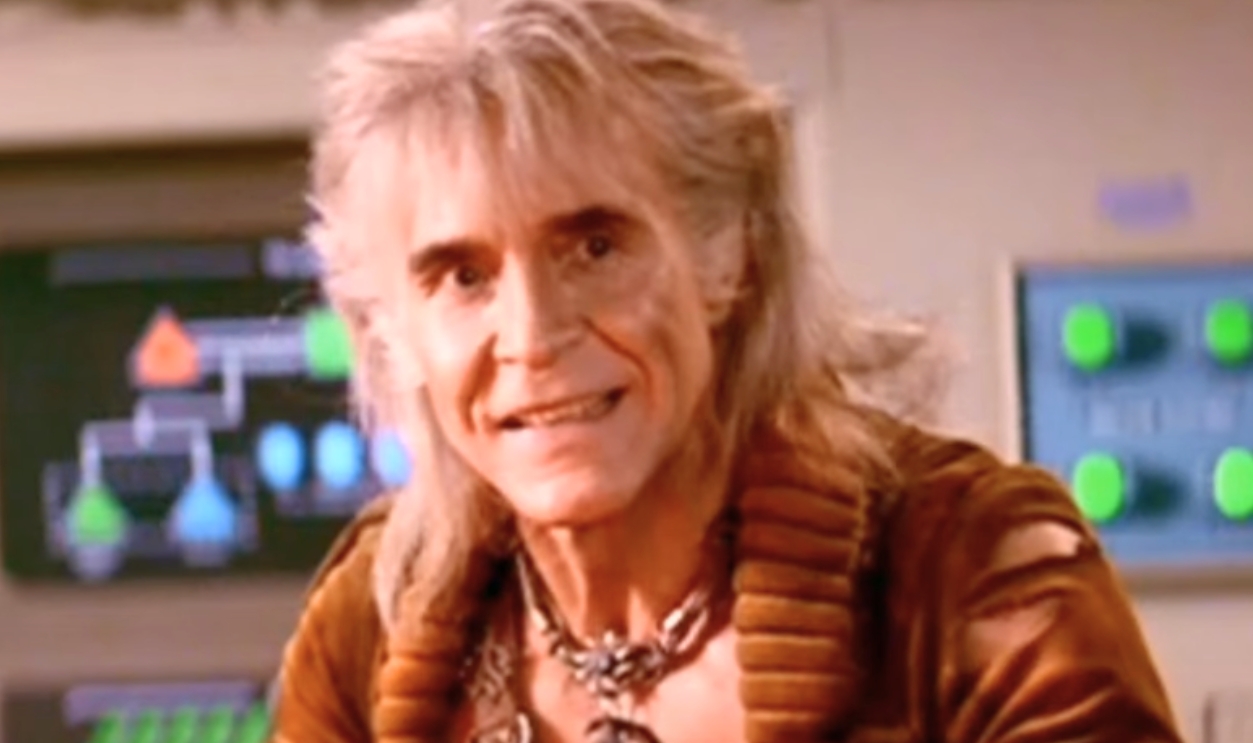 Paramount Pictures, Star Trek II: The Wrath of Khan (1982)
Paramount Pictures, Star Trek II: The Wrath of Khan (1982)
The Fratellis In The Goonies (1985)
Fantasy adventures work best when the villains feel real, and that’s where the Fratellis came in. Led by tough Mama Fratelli, this evil family chased kids through underground tunnels. The mix of scary threats and silly mistakes kept The Goonies both tense and funny at the same time.
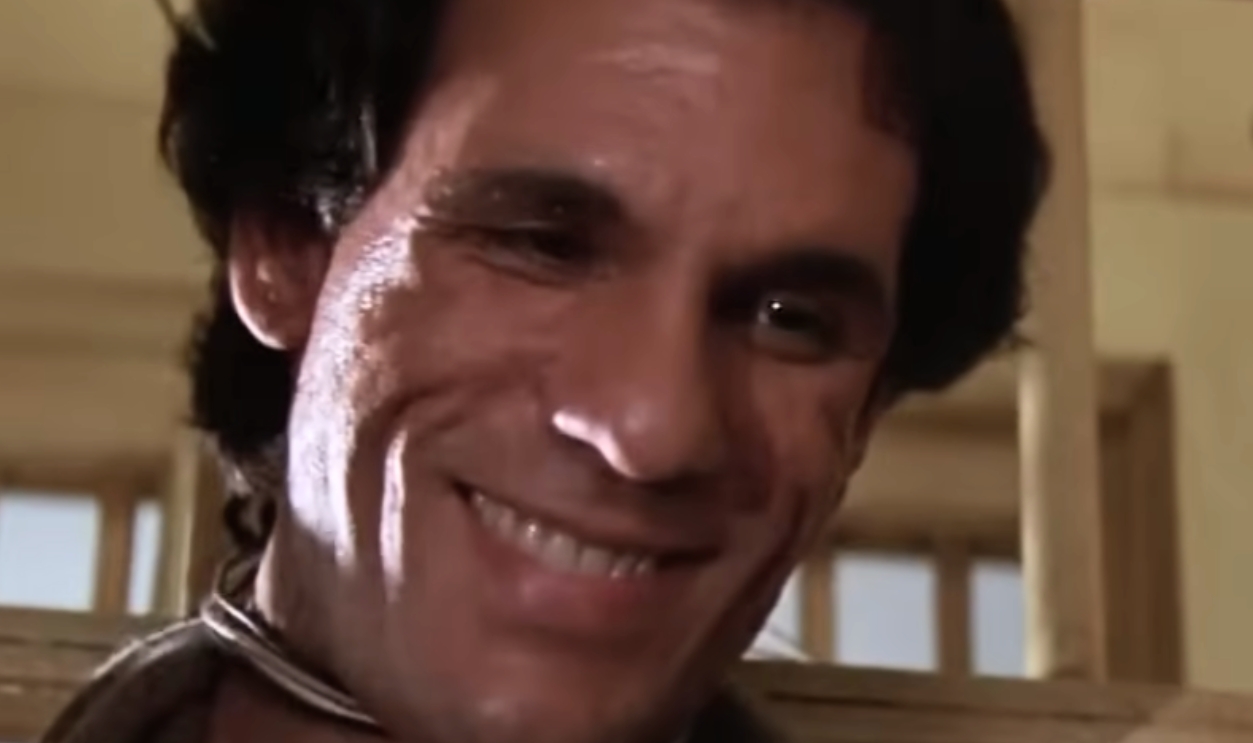 Warner Bros. Pictures, The Goonies (1985)
Warner Bros. Pictures, The Goonies (1985)
Walter Peck In Ghostbusters (1984)
Sometimes the biggest mess comes from authority itself, and Walter Peck proved it. As an Environmental Protection Agency agent, he refused to believe in ghosts and shut down the Ghostbusters’ containment unit. His smug decision caused chaos across New York, which shows that sometimes you just have to believe.
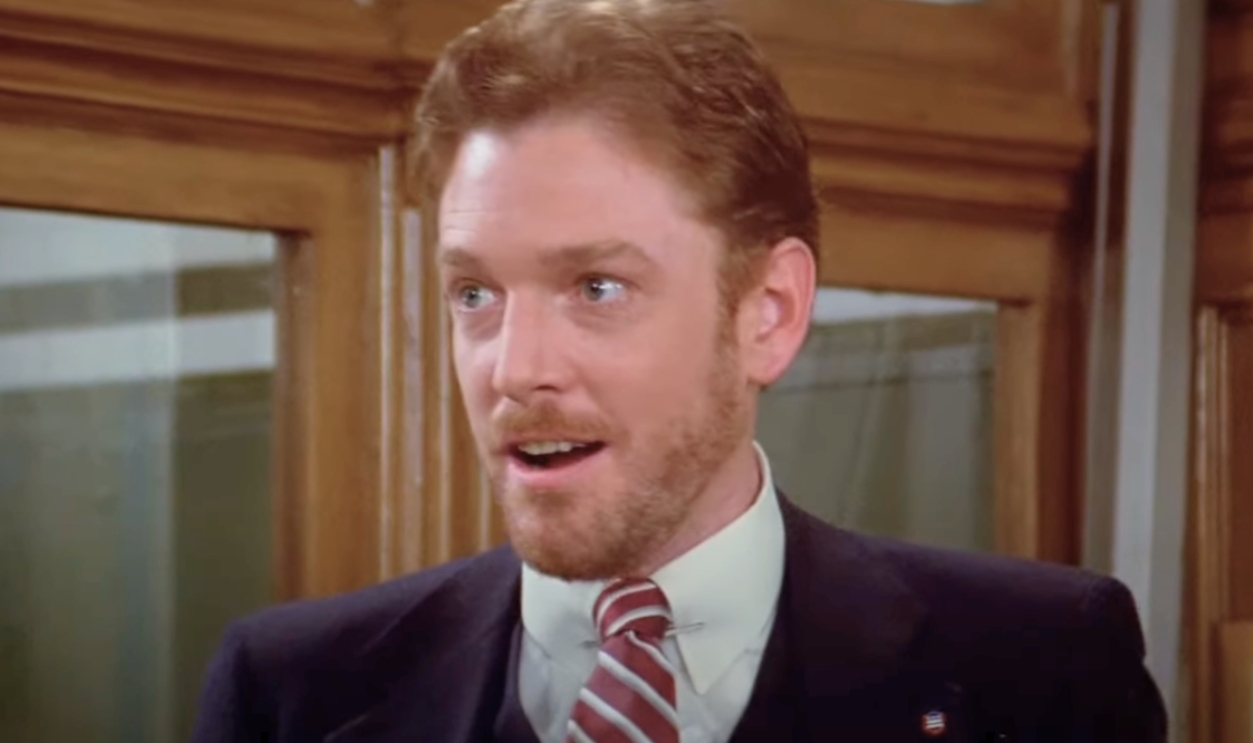 Columbia Pictures, Ghostbusters (1984)
Columbia Pictures, Ghostbusters (1984)
Mola Ram In Indiana Jones And The Temple Of Doom (1984)
Few villains shocked adventure fans like Mola Ram. With chilling conviction, Amrish Puri played the Thuggee high priest who did a horrible live ritual. Backed by black magic and a fearsome presence, he turned Temple of Doom into a nightmare spectacle.
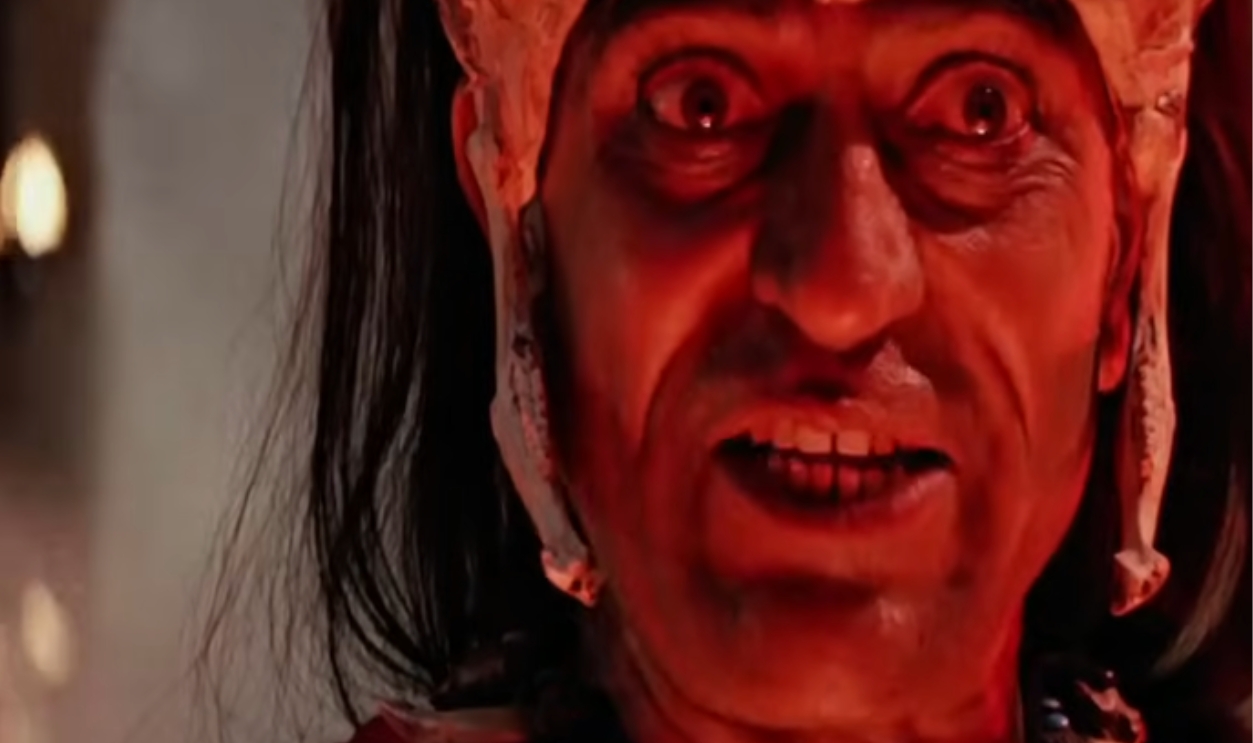 Paramount Pictures, Indiana Jones and the Temple of Doom (1984)
Paramount Pictures, Indiana Jones and the Temple of Doom (1984)
Alex Forrest In Fatal Attraction (1987)
Obsession turned household pets into warnings, and few images scarred moviegoers more than a rabbit boiling on a stove. That moment belonged to Alex Forrest, Glenn Close’s chilling role in Fatal Attraction, where an affair spiraled into stalking and a thriller that forever redefined toxic desire on screen.
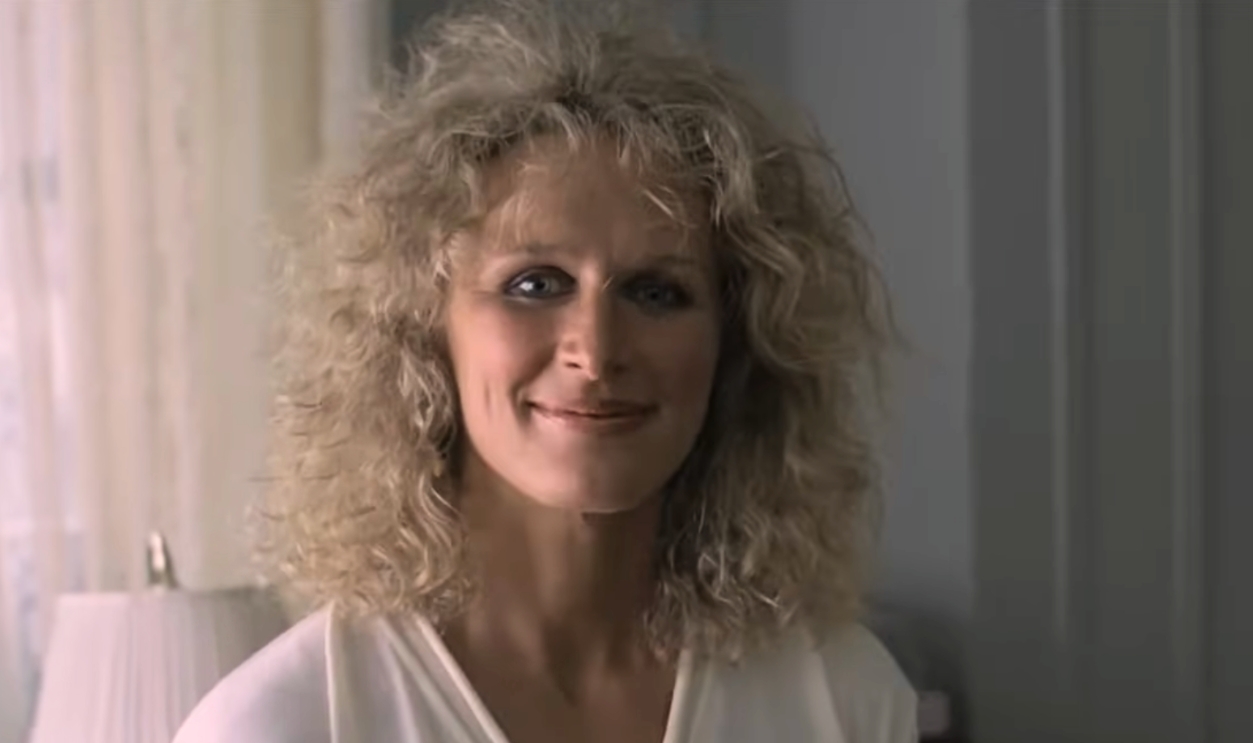 Paramount Pictures, Fatal Attraction (1987)
Paramount Pictures, Fatal Attraction (1987)
Vigo The Carpathian In Ghostbusters II
Historical evil returned through a haunted painting when Vigo the Carpathian glared back at the world. Once a cruel 16th-century tyrant, his ghost plotted to steal a baby’s body on New Year’s Eve. Wilhelm von Homburg’s commanding presence and a river of living slime spread dread across New York.
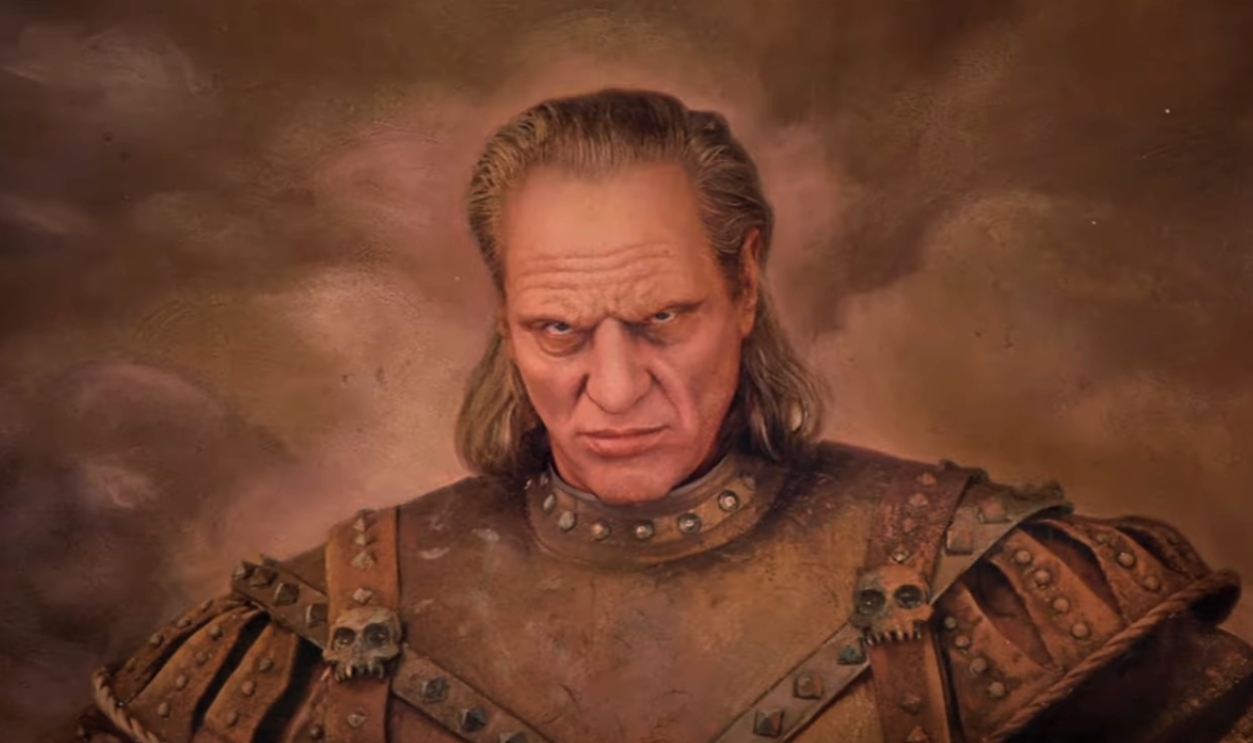 Columbia Pictures, Ghostbusters II (1989)
Columbia Pictures, Ghostbusters II (1989)
Olivia Foxworth In Flowers In The Attic (1987)
Louise Fletcher portrayed Olivia Foxworth, often credited as Grandmother, with chilling restraint that revealed emotional repression beneath strict zeal. She enforced cruel rules and locked children in an attic, and her harshness represented betrayal within the family. This performance created psychological horror that unsettled audiences.
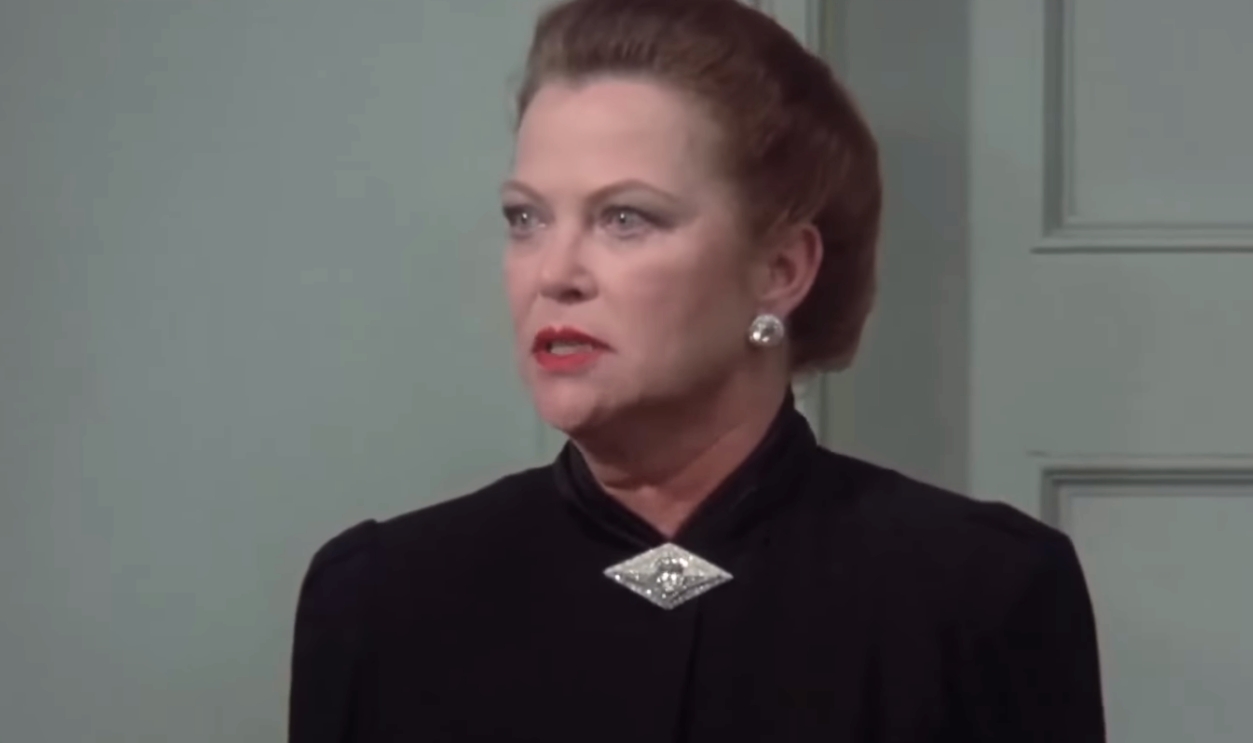 New World Pictures, Flowers In The Attic (1987)
New World Pictures, Flowers In The Attic (1987)
The Headmaster In Pink Floyd—The Wall (1982)
The Headmaster turned discipline into a nightmare. Animated scenes depicted him humiliating students and crushing individuality with fear. His severe control triggered the protagonist's collapse, a symbol of oppressive education that stripped away freedom and carved permanent scars of conformity and repression into young minds.
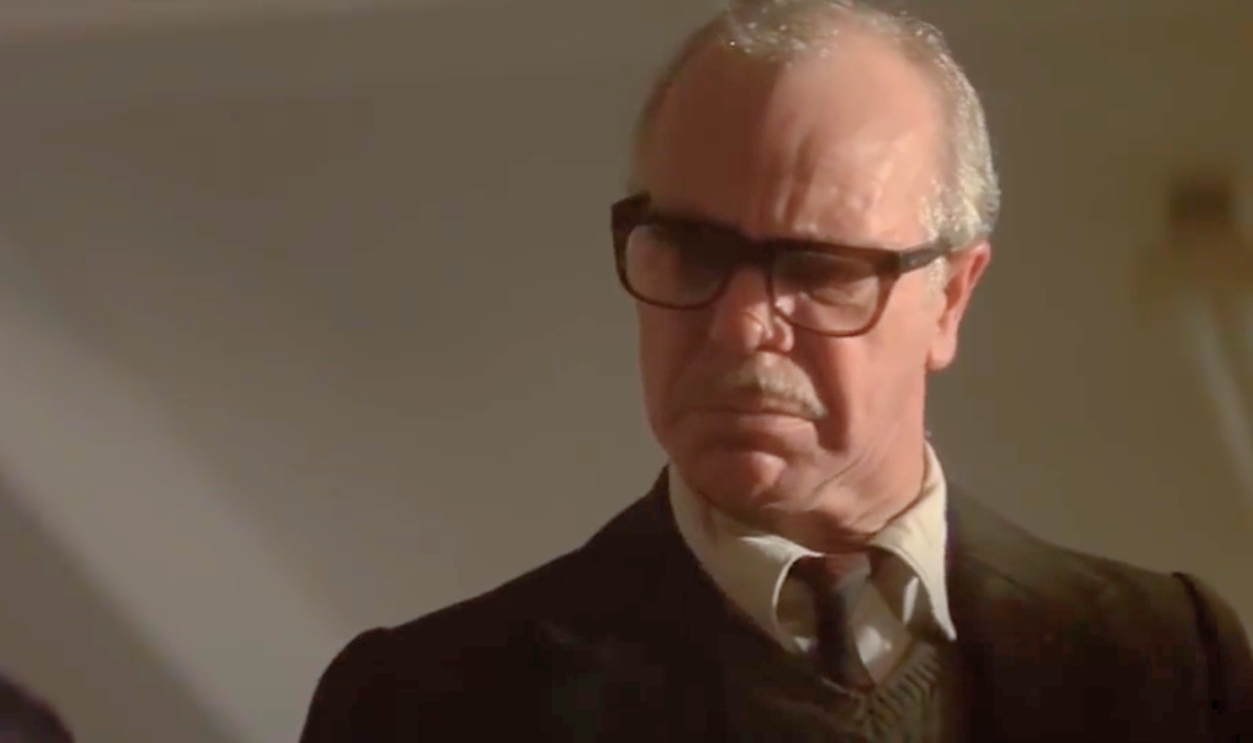 United International Pictures, Pink Floyd—The Wall (1982)
United International Pictures, Pink Floyd—The Wall (1982)
Betelgeuse In Beetlejuice (1988)
Outrageous and endlessly entertaining—that’s Betelgeuse. Michael Keaton brought him to life as a wild spirit who bent rules and caused nonstop trouble. Scenes exploded with his manic energy, so every appearance felt chaotic, funny, dangerous, and impossible to ignore.
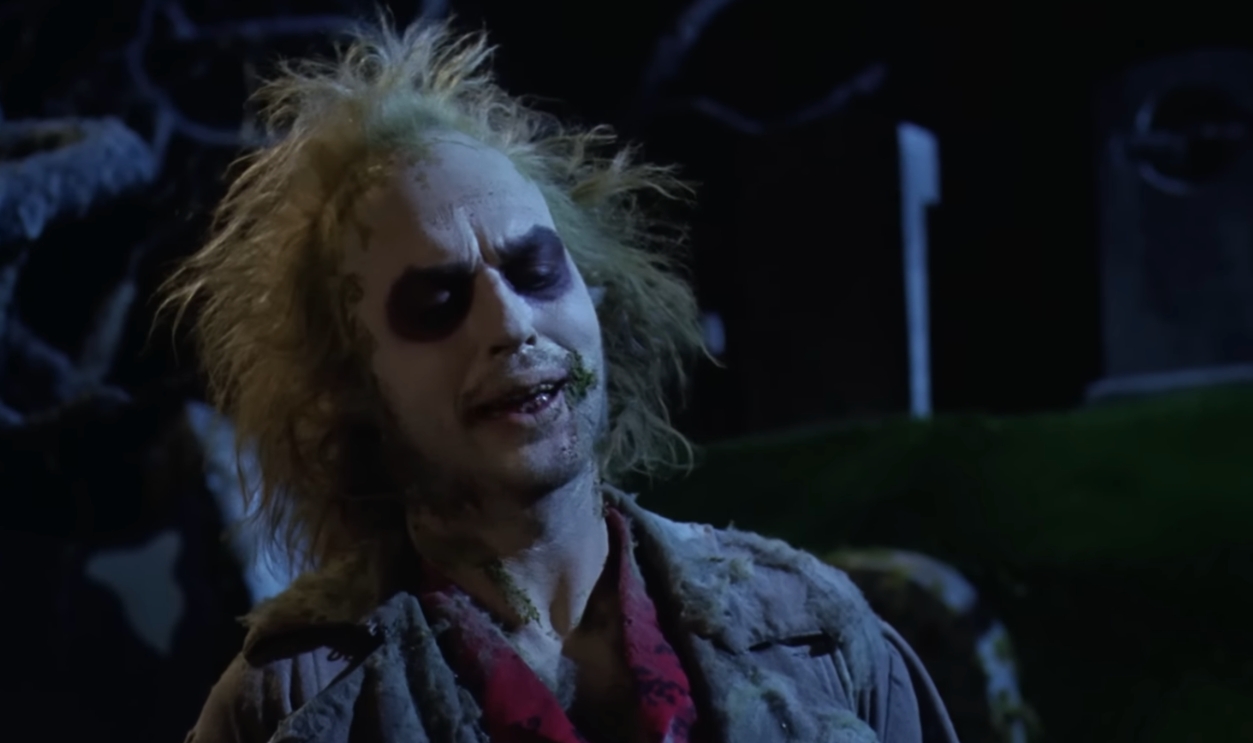 Warner Bros. Pictures, Beetlejuice (1988)
Warner Bros. Pictures, Beetlejuice (1988)
Jack Torrance In The Shining (1980)
Jack Nicholson’s fiery performance made Jack Torrance unforgettable—a man cracking apart before our eyes. Alone in the haunted Overlook Hotel, he slipped from a struggling writer to an axe-wielding threat. Ghostly whispers and his own demons pushed him into madness by turning family into targets and fear into reality.
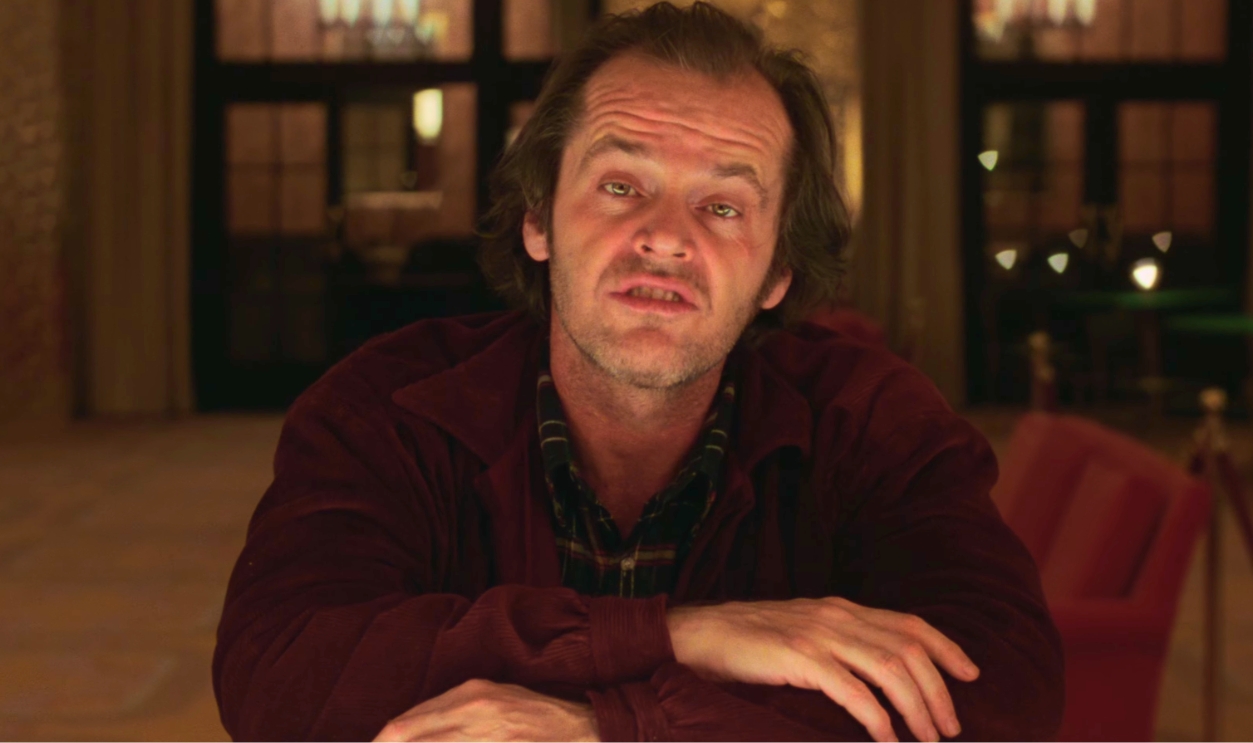 Warner Bros. Pictures, The Shining (film) (1980)
Warner Bros. Pictures, The Shining (film) (1980)
The Joker In Batman (1989)
After terrifying audiences in The Shining, Jack Nicholson returned as an even wilder figure—Gotham’s Joker. Chemical scars turned this gangster into a theatrical nightmare, armed with poisonous gags and twisted art. His chaotic reign turned crime into spectacle until his flamboyant villainy finally collapsed in defeat.
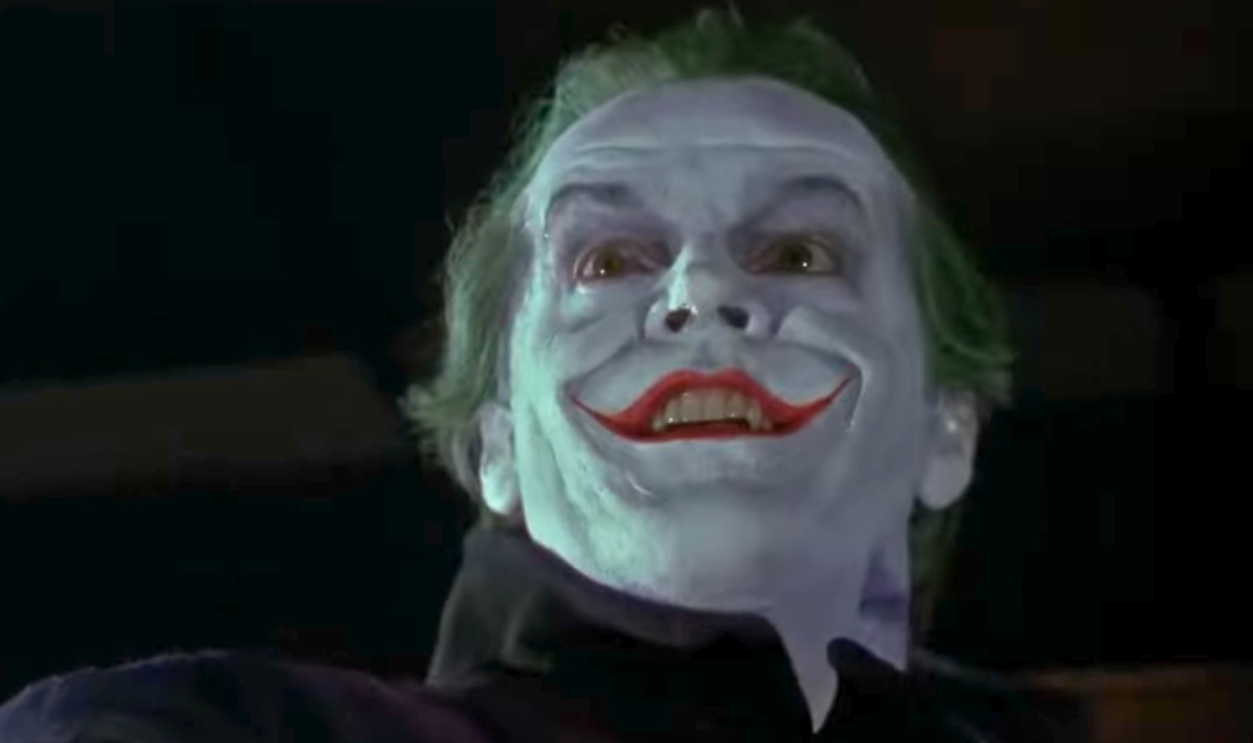 Warner Bros. Pictures, Batman (1989)
Warner Bros. Pictures, Batman (1989)
The Thing In The Thing (1982)
Fear of the unknown hits hardest when you can’t tell friend from monster. That’s the nightmare in The Thing. A shape-shifting alien stalks an Antarctic base by copying humans and animals. Every grotesque reveal deepened the paranoia until trust itself became impossible.
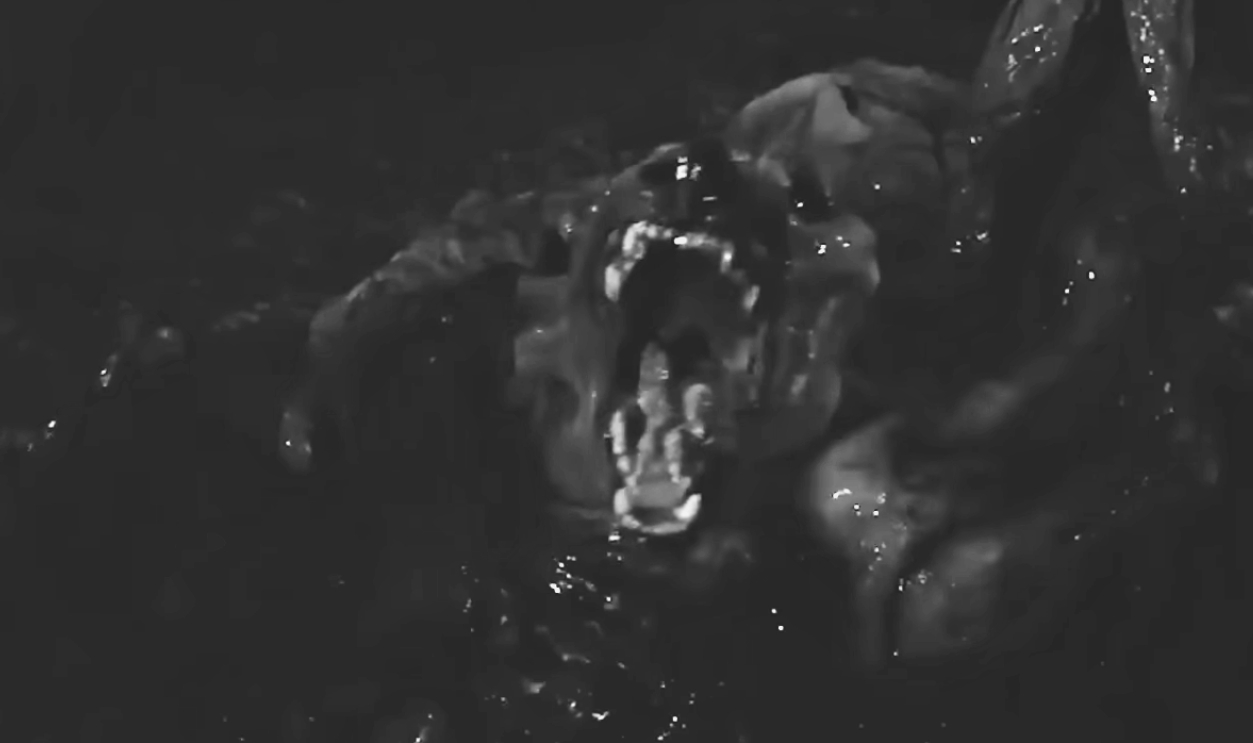 Universal Pictures, The Thing (1982)
Universal Pictures, The Thing (1982)
The Tall Man In Phantasm II (1988)
Funeral homes turned into nightmares once the Tall Man arrived. Played with icy menace by Angus Scrimm, he harvested souls and sent flying killer spheres. Backed by twisted minions and portals to other worlds, this surreal villain carved himself into cult horror legend.
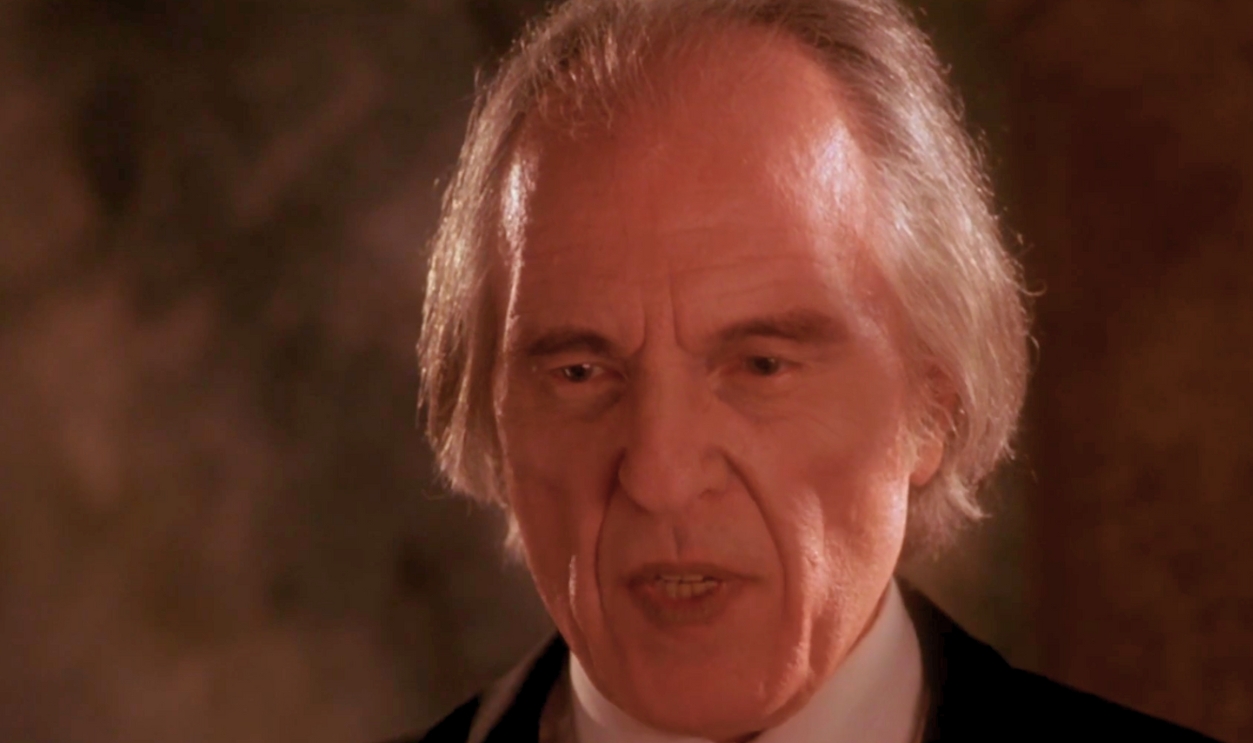 Universal Pictures, Phantasm II (1988)
Universal Pictures, Phantasm II (1988)

